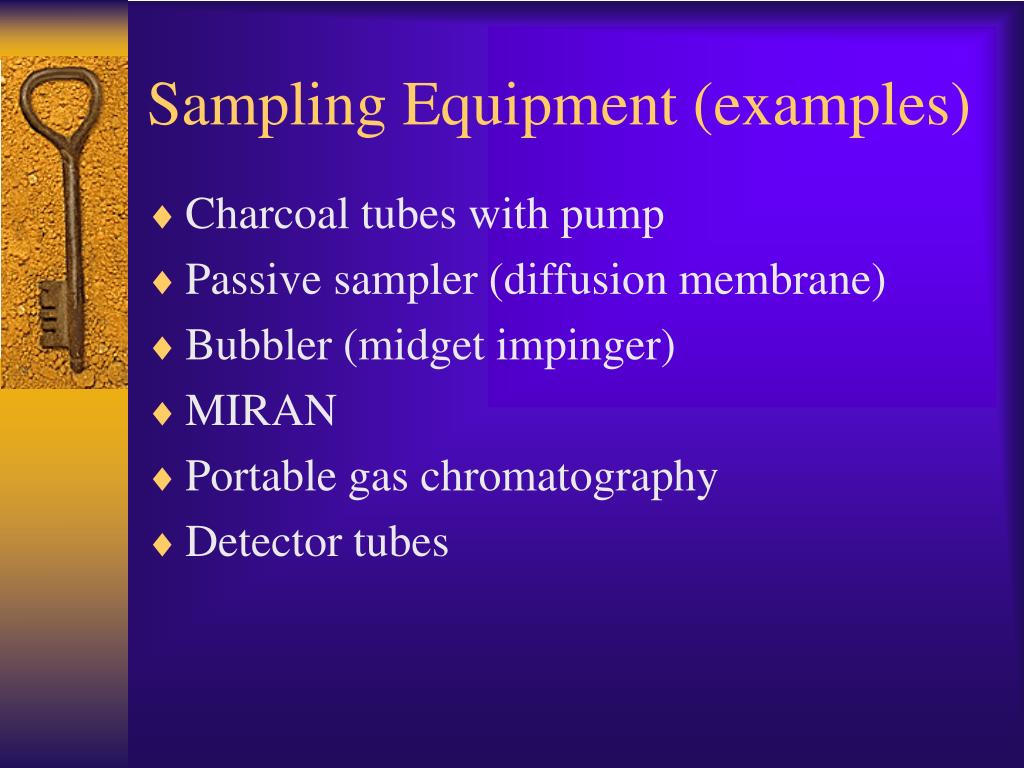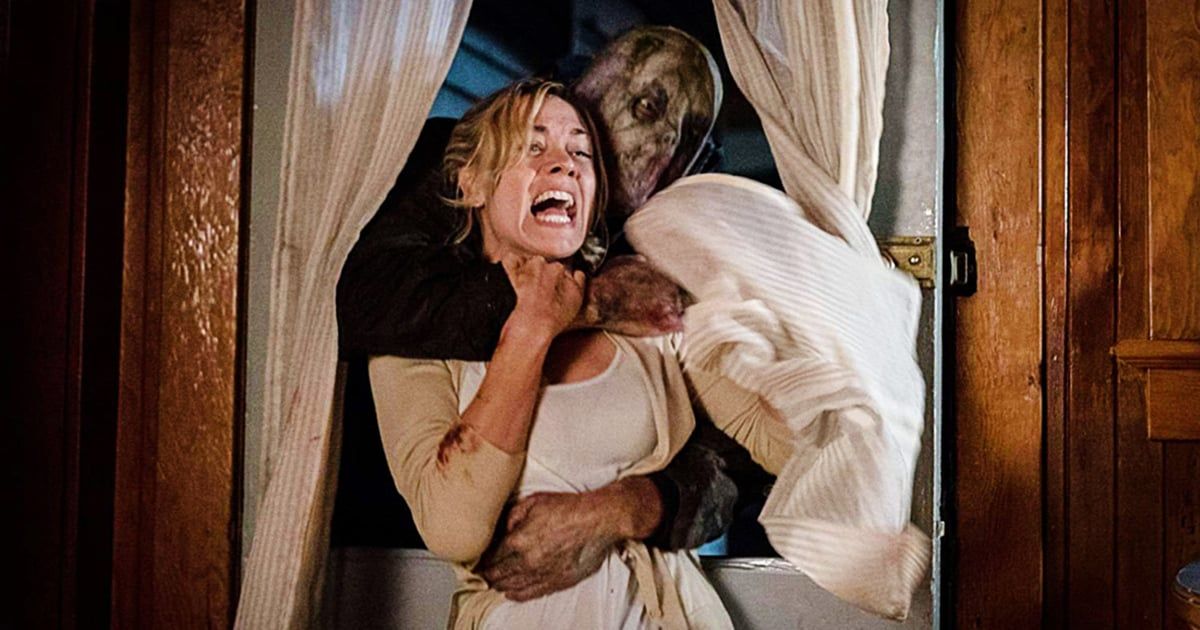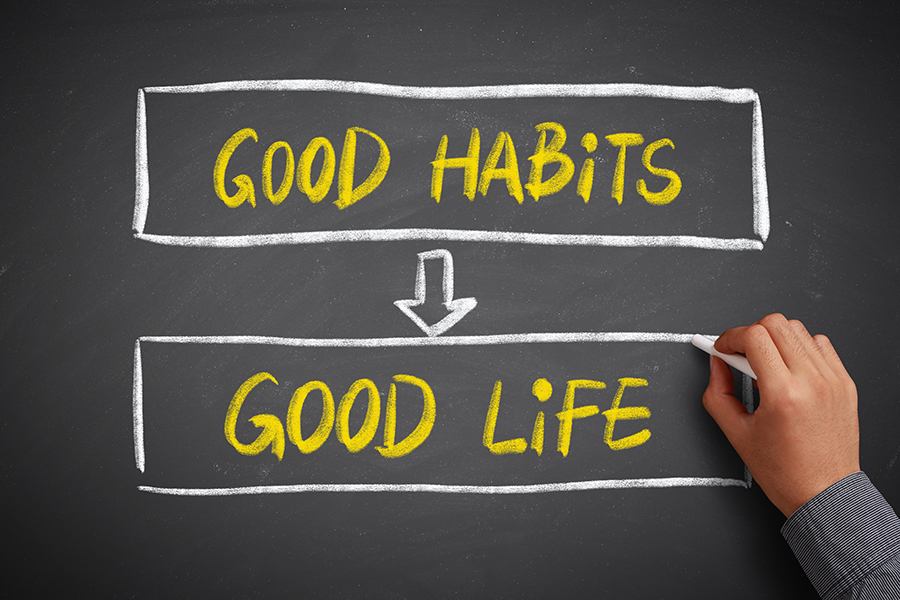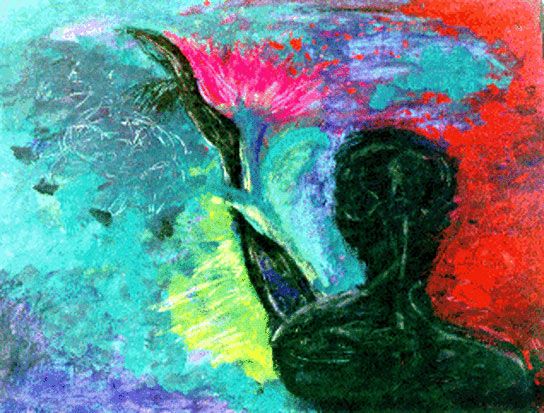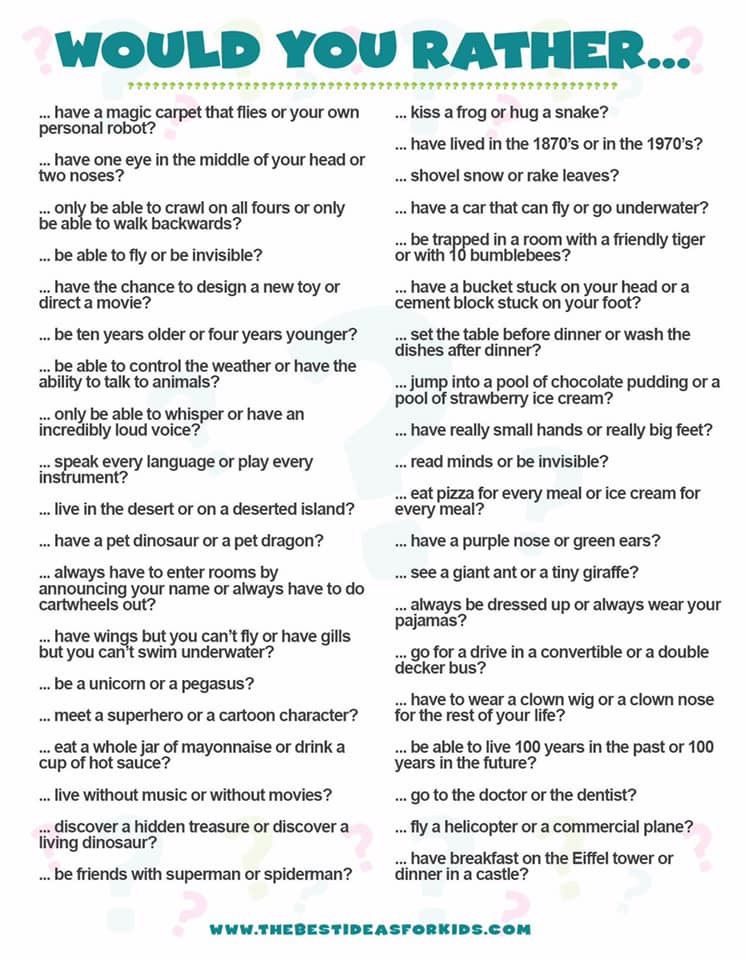Existential questions examples
61 Existential Questions for Thought-Provoking Conversations
Are you yearning for more from your conversations?
Human interaction needn’t be a dull interlude between aimlessly scrolling through your phone.
Reignite the lost art of conversation and ask more existential questions.
You’ll learn what they are, the best ones to ask, and how to inject more of them into your conversational arsenal.
Let’s get deep.
Skip Ahead
What are Existential Questions?The word existential relates to something or someone’s existence.
Existential questions are deep, philosophical questions that concern just that—our very existence.
They’re great conversation starters and can open the door to impassioned discussion. These questions are a great way to get to know someone but also learn new things about the people you think you know.
You may have to dig deep in search of answers and challenge your way of thinking. Who knows what you’ll uncover?
21 Best Existential QuestionsLet’s start with my picks of the best existential questions.
These dependable quandaries will spark the deep and meaningful conversations that you crave.
What’s the meaning of life?View this post on Instagram
A post shared by Let’s Talk Philosophy (@letstalkphilosophy) on
It’s common for us to ponder— ‘what’s the true meaning of life?’
After all, it’s one of humanity’s biggest and most thought-provoking questions.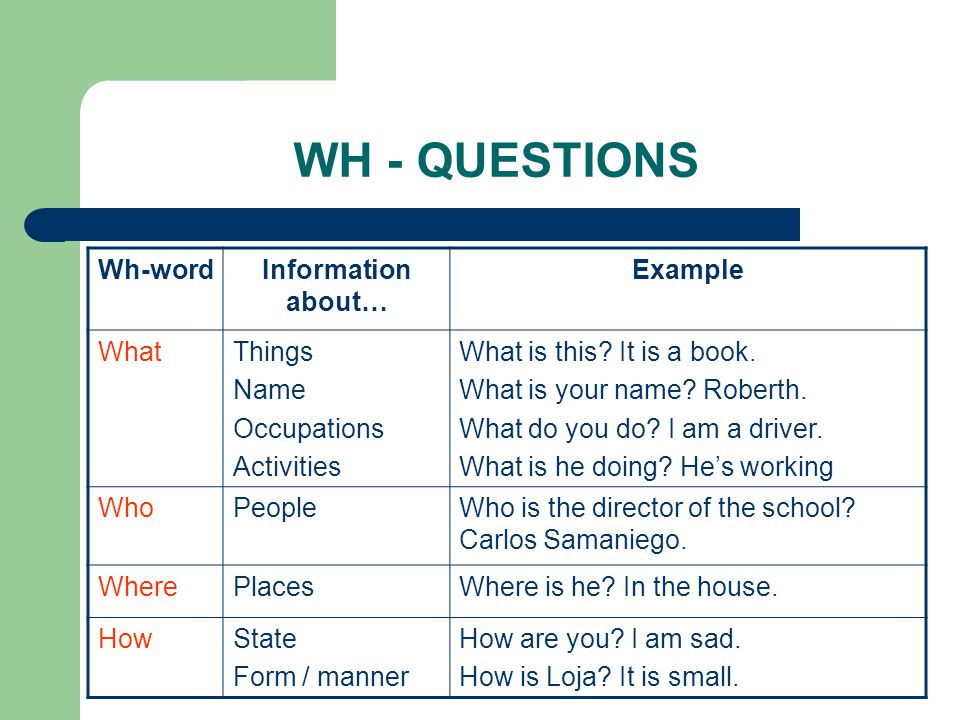
So why are we here? Is there a meaning to life at all?
It’s a broad question and like all the best existential questions, it has no definite answer.
Expect conversations to range from scientific, philosophical, and religious. Whatever the direction, this question opens the door to a world of discussion.
What’s your purpose in life?This is an excellent question to ask a girl on a date. You’ll learn her passions and discover what makes her tick. Assuming you want to date high-value women, these are good things to know.
Want more questions to ask on a date to blow her mind? Level up your dating game with our top questions to ask a girl.
But what about you? Struck with the realization that you’re unsure of your purpose?
Dig deep and think— what makes you come alive?
While your purpose is personal, you could read what other people say to inspire you on your quest.
Some examples include providing for your family, traveling the world, and spending time with your loved ones.
A key to finding your purpose is to ask yourself, “How do I measure success?”
View this post on Instagram
A post shared by Merry Christmas (@ikywit88) on
Do you find success in chasing your dreams? Is money your genuine desire? Or does helping other people give you the biggest reward?
Whatever you find, they should eventually help you reach the ultimate purpose— to live a happy life.
Do you have a right to be happy, or should you earn it?According to a 2020 study, only 14% of American adults say they’re very happy. It’s a startling statistic suggesting that this question is more relevant than ever.
So, are you in control of your happiness or is it something that you can’t influence? Bad things happen in life causing unhappiness, and often they’re completely out of our control.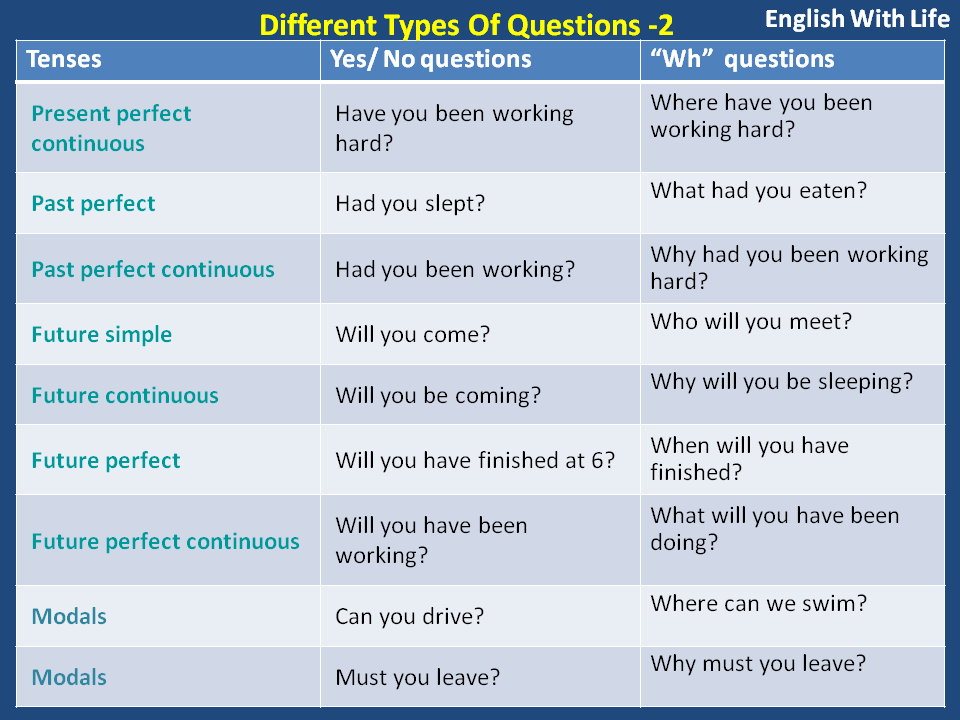
Could the way you approach life’s adversities determine your happiness? Could happiness be a product of a mindset that has developed through hard work?
If you’re in pursuit of happiness will you ever catch it? Or should you create your happiness through thinking more positively?
One thing is for sure, no one wants to be miserable. So why not try positivity and conquer your negative thinking?
What are the universal human rights?Now, you’ve discussed whether happiness is a right. What else should or shouldn’t be a universal human right?
What does every human across the globe deserve?
A look at the United Nations website yields the definitive International human rights law. Adopted in 1948, these laws obligate Governments to act in a certain way and refrain from certain acts.
Adopted in 1948, these laws obligate Governments to act in a certain way and refrain from certain acts.
They implemented this international law for good reason, ensuring fundamental freedoms for many. But where should freedoms end?
Let’s take the example of criminals? Imprisonment is fundamentally a withdrawal of a human’s right to freedom. So what rights does every human truly deserve?
Is happiness just chemicals circulating through our bodies?According to science, the hormones Dopamine, Oxytocin, Serotonin, and Endorphins flowing through your bloodstream will promote happiness.
What if you’ve spent years of your life chasing happiness when all you need to do is trigger your body to release more of these hormones? For example, exercise and listening to music can increase levels of dopamine.
You may have changed drastic aspects of your life because of the ongoing pursuit of happiness. A new job or a new partner, for example.
Have you been doing it wrong all these years? Is the key to happiness genuinely that simple? Or is there a more spiritual side to happiness? After all, there are some things science can’t explain.
The Men They Will Become: The Nature And Nurture Of Male Character
Check Best Price on Amazon
If you click this link and make a purchase, we earn a commission at no additional cost to you.
We can’t delve into psychology without including the nature vs nurture debate. It’s one of the oldest psychological disputes with some of the greatest human minds in history contributing.
On one side, you have nature, also called nativism. This theory suggests that our genetic inheritance influences our psychological traits. Our biological genes determine our physical appearance, so why not our behavior?
But don’t hedge your bets yet.
Empiricism is the other side of the spectrum siding with the nurture side of the debate. Empiricists believe the human mind is a blank slate and our personality results from our environment.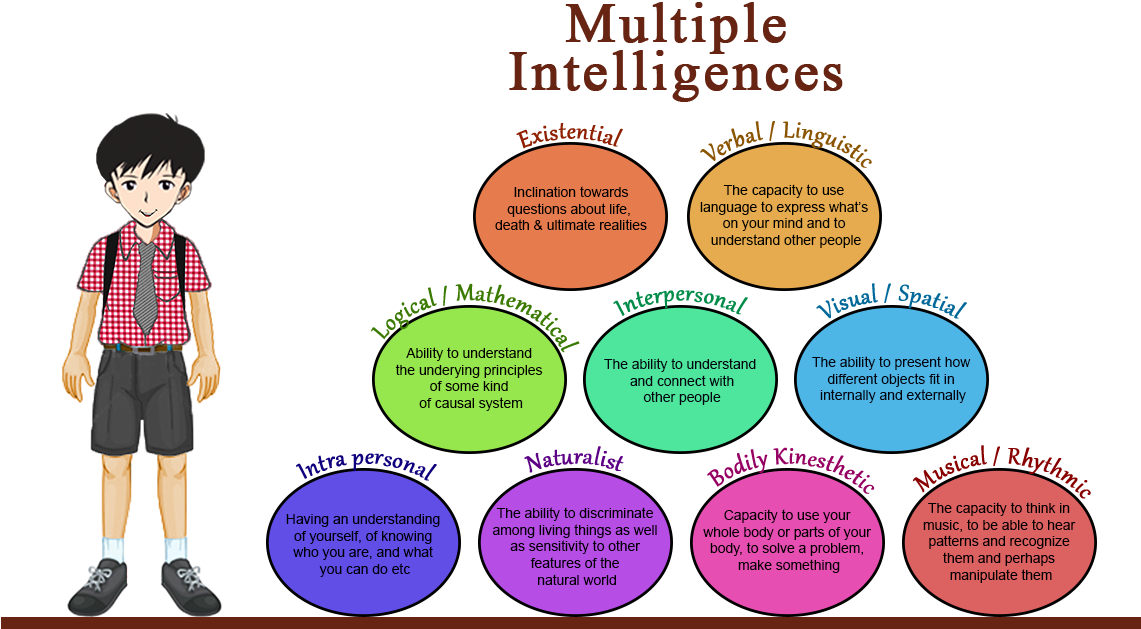
So do humans have an intrinsic sense of right and wrong or are we influenced by genetic inheritance from our parents, peers, and society?
Is there a God?Has someone created us?
This question is dubbed as the ultimate face-off between science and religion. But science and religion don’t have to be incompatible and are not mutually exclusive.
You’ll most likely have already manifested a standpoint on this, but let’s open your mind to other sides of the debate.
Creationism is a religious belief that God created the universe. On the other hand, some astronomers point to the big bang theory for the existence of life as we know it. A divine spark that expanded and grew to as large as it’s now.
So 13. 7 billion years ago, tiny particles mixed with energy and light came together to form atoms. These atoms eventually group to form stars and galaxies.
7 billion years ago, tiny particles mixed with energy and light came together to form atoms. These atoms eventually group to form stars and galaxies.
But does the big bang theory explain everything?
The seed of everything that has happened in the Universe was planted in that first instant; every star, every planet and every living creature in the Universe came into being as a result of events that were set in motion in the moment of the cosmic explosion…The Universe flashed into being, and we cannot find out what caused that to happen. – Professor Robert Jastrow
Scientists still have no explanation of why these tiny particles and light were there in the first place.
This is just one facet of an enormous question: different religions, philosophies, and sciences have varying opinions.
Debating religion can be a sensitive subject, so make sure you know your audience before diving in at the deep end!
Where do we go when we die?There’s no greater unknown in life than death. What happens when we die? Is there an afterlife? Is there heaven and hell? Is there reincarnation? Or do we simply cease to exist?
The unknown causes a barrage of questions, enough to make your head spin.
Ask this question with caution. On a fundamental level, anxiety is the fear of the unknown and there’s plenty undiscovered about what happens to us when we die.
Is One Lifetime Enough?Is a lifetime enough time to fulfill your wishes? Or are there limitations to the quality of time spent on earth?
For example, you may want to travel and see the world. To do this, you must earn money to afford the plane ticket.
Is the time spent earning the money part of the journey, or is this a period of unfulfillment?
If one lifetime doesn’t fulfill you, why would another life be different?
One thing is for sure—time is precious!
Is humanity going in the right or wrong direction?A question that’s bound to open a passionate can of worms.
It’s hard to argue against some of humans’ not so finest achievements. Pollution kills over 100 million people worldwide. Some animals no longer walk the earth, assisted to extinction by human hunters.
These are only a few examples of why humanity is regressing.
But why not be the shining light of positivity in this discussion?
Life expectancy has doubled in the last two centuries and largely down to advances in technology. Many new medical marvels boggle the mind.
Ultimately, this is a question that’ll decide whether someone has a positive or negative outlook.
Where do you stand?
Will the human race go extinct?A small near-Earth asteroid about the size of a small school bus will safely zoom past our planet around 13,000 miles (21,000 km) above the surface.
— NASA JPL (@NASAJPL) September 23, 2020The space rock will then make its way around the Sun, passing Earth again at a farther distance in 2041. https://t.co/z6uDogXn52 pic.twitter.com/c9Xv4PhNFi
Did you know that 99.9% of the species that ever lived are extinct? This stat suggests that our chances aren’t too good.
There’s the risk of mass extinction from an asteroid, there’s changing ecological conditions and a climate emergency damaging the planet day by day. That’s without mentioning the doomsday device.
But wait for a second, surely by the time humans are on the brink of extinction, we’ll have our houses in order. We’ll intercept that asteroid, we’ll run on solar power, and we’ll keep our finger off that red button!
What would make the world a better place?View this post on Instagram
A post shared by TerraSmart (@terrasmart.
co) on
This can be a positive and inspirational question that may motivate you to contribute to making the world a better place.
Why not agree to make a slight change during your conversation? Generosity, empathy, compassion, and recycling all are ideas to get you started.
So what does the world need now? According to Burt Bacharach, it’s love—I’ll get my coat.
What is love?Love can be difficult to describe, and it’s interesting to see how other people characterize this most beautiful phenomenon.
Is love a force of nature that you cannot control or can it be subdued and restrained?
Love drives people to the extreme.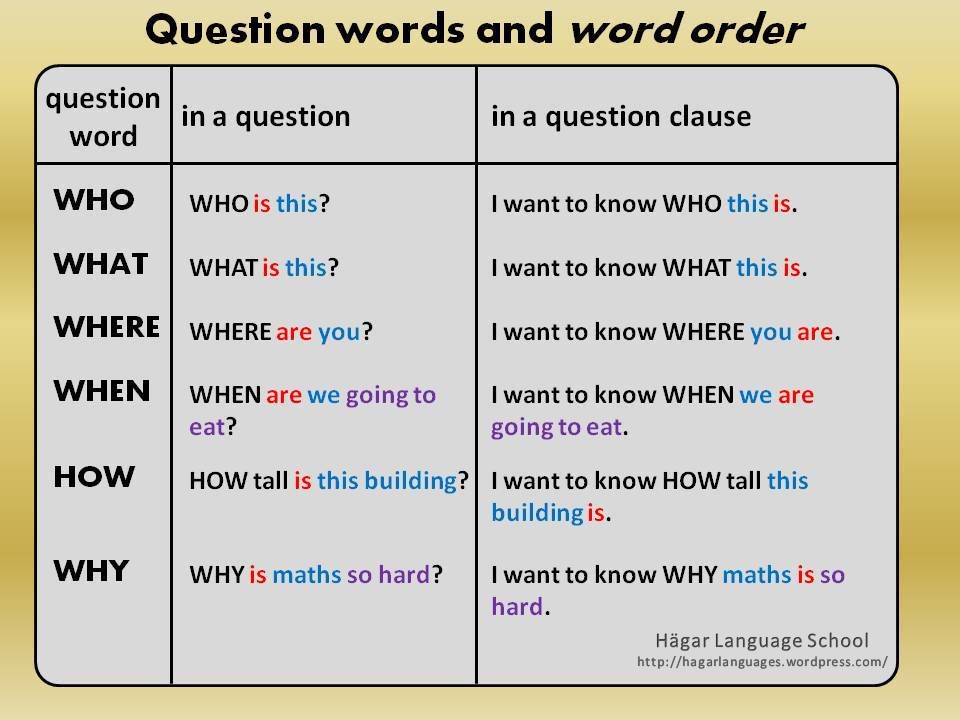 Look at the Taj Mahal, a mausoleum built by Shah Jahan for his wife spending $1,062,834,098 in today’s money on this gesture of love. Way to make us feel guilty about those gas station roses we bought last Valentine’s Day.
Look at the Taj Mahal, a mausoleum built by Shah Jahan for his wife spending $1,062,834,098 in today’s money on this gesture of love. Way to make us feel guilty about those gas station roses we bought last Valentine’s Day.
Then there’s Jordan Cardella. The 20-year-old man who believed his suffering would reignite him with his lost love. Lovestruck, he organized his friends to shoot him in a cunning plan to win back his girlfriend through pity.
Maybe the flowers weren’t such a bad call after all.
What must two people have in common to connect?Is it a shared interest such as music or movies? More specifically, is it a certain band or genre of movie that would make date night a lot easier to navigate?
Or is this scratching the surface?
Psychology suggests an opposing outlook can refresh your mind and challenge your ideals. If opposites attract, where is the connection?
Humans connect over many things but does this equate to a long-term connection? For example, you may follow the same sports team and while this may ignite an initial connection, it doesn’t mean you’ll have the deepest of bonds.
This is why you should be looking deeper for the connection. Maybe a shared moral compass or a mutual respect builds the strongest connection?
Does absolute power corrupt absolutely?View this post on Instagram
A post shared by Gary Roscoe Johnson (@urania235) on
As a person’s power increases, does their moral perception decrease?
Although the phrase was first coined by Lord Acton in 1887 humanity has suggested the general idea for many years.
More recently, Andy J. Yap set up an experiment while at Columbia University. He said of his findings, “When people feel powerful or feel powerless, it influences their perception of others.”
Or is there another way of looking at this? Do the people who crave power have a corrupt heart in the first instance? Maybe power is freeing, allowing a liberation of the true self.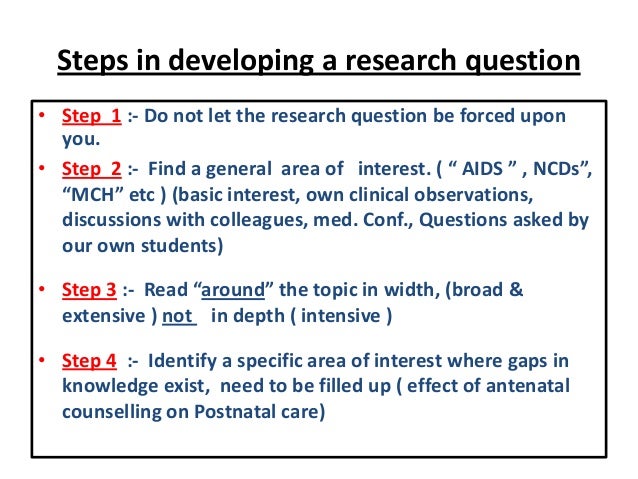
Is the theory even true? The global pandemic has hit companies hard, which has seen CEOs worldwide cut their own salary to protect staff from being laid off. While some may see this as an obligation it’s far from an act of absolute corruption.
What’s the universal language?There are about 6,500 languages spoken in the world today. The most spoken languages are English, Mandarin, and Hindi, but are any of these the universal language?.
Not only widely spoken but English-speaking countries are responsible for around 40% of the world’s GNP. Is that enough to say English is the universal language?
Are we looking at this the wrong way? Have you ever sat in a restaurant in a foreign country trying to bridge the language barrier with the waiter?
You can still communicate without speaking.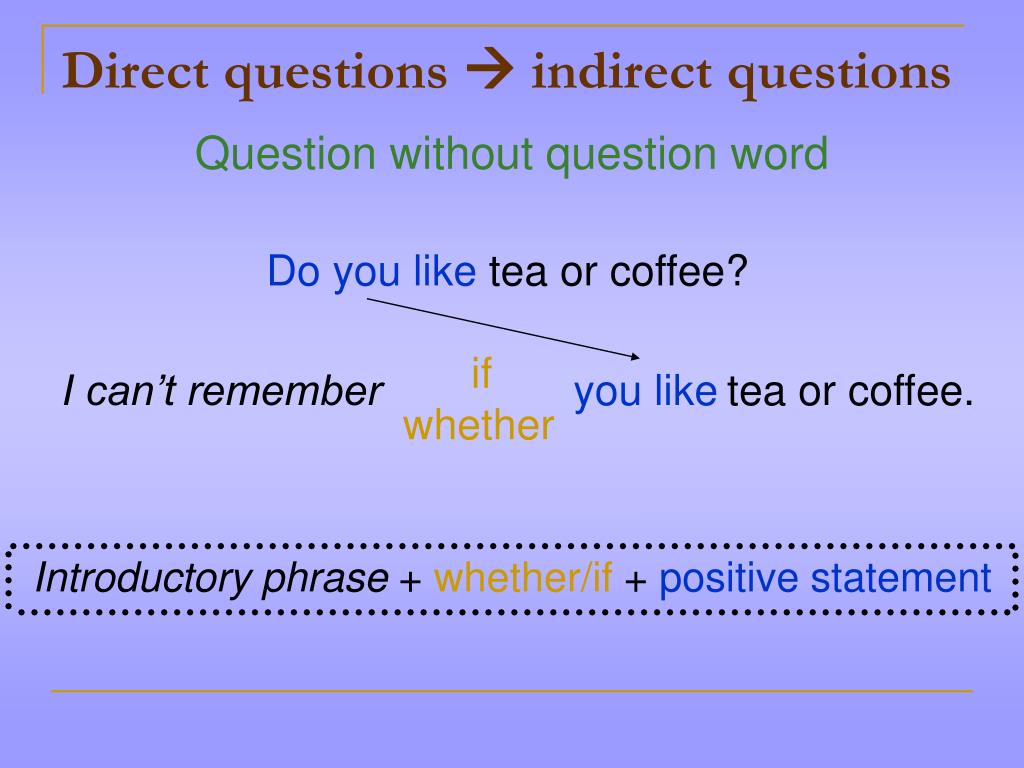 Everyone understands a smile regardless of their native tongue. What about compassion? Caring for others has no linguistic restriction, and you can communicate using this medium throughout the world.
Everyone understands a smile regardless of their native tongue. What about compassion? Caring for others has no linguistic restriction, and you can communicate using this medium throughout the world.
Into the Wild by Jon Kankauer
Check Best Price on Amazon
If you click this link and make a purchase, we earn a commission at no additional cost to you.
You’ll have most likely mentioned off-hand something that you can’t live without. Can’t live without your phone? Maybe it’s your laptop or a cold beer on a Friday night?
But what do you truly need in life?
It’s a lot less than you think.
Air, water, food, shelter, and self-defense are all you need to survive.
Does this mean everything else is needless? Or do our needs depend on the society in which we inhabit?
A year ago I spent months in the Macedonian mountains without a TV, WiFi, and a telephone. To begin with, this is challenging, but your psyche adjusts according to your surroundings and it can liberate!
To begin with, this is challenging, but your psyche adjusts according to your surroundings and it can liberate!
So is what you need different from what you crave?
Which harsh truths do you prefer to ignore?The answer depends on how you interpret the question. You may seek answers through self-awareness, for instance, you may feel that you ignore your calorie intake because it’s too high.
Opting to answer this with self-awareness doesn’t mean that you’re selfish in any way. Quite the opposite. The ability to be self-aware means you can objectively evaluate yourself and eventually improve as a person.
It’s human nature to conceal something from public view or knowledge that we might find embarrassing. It’s an act of self-preservation.
It’s an act of self-preservation.
An alternative avenue to explore is a broader truth that we as a collective are choosing to ignore. Pollution, corruption, conspiracy theories such as the New World Order could make us fearful to the point of brushing them under the carpet.
Then there’s death. As the saying goes—the only two certainties in life are death and taxes. Most of us will go about our day to day life ignoring the fact that we’re all destined to die. This is probably the best for our sanity.
Whether it be funny or downright morbid, there are several harsh truths hidden inside that you ignore.
Where are the lines between art and not art?What defines something as a piece of art?
Art is defined as the expression of human creativity and imagination. We appreciate these creations for their beauty and emotional prowess.
We appreciate these creations for their beauty and emotional prowess.
Creations such as paintings, music, literature, and dance are widely considered as pieces of art.
But when does something stop being art?
Everywhere you look there are expressions of human creativity. Look out the window. What do you see? For example, you may see a car.
The car design is an example of human creativity and it’s features show the potential of human imagination. A car is not generally considered as art, so where is the line?
Are we alone in the universe?View this post on Instagram
A post shared by UFO SIGHTINGS FOOTAGE (@ufosightingsfootage) on
It’s a question that has plagued everyone from the most decorated of scientists to the most spaced-out stoners.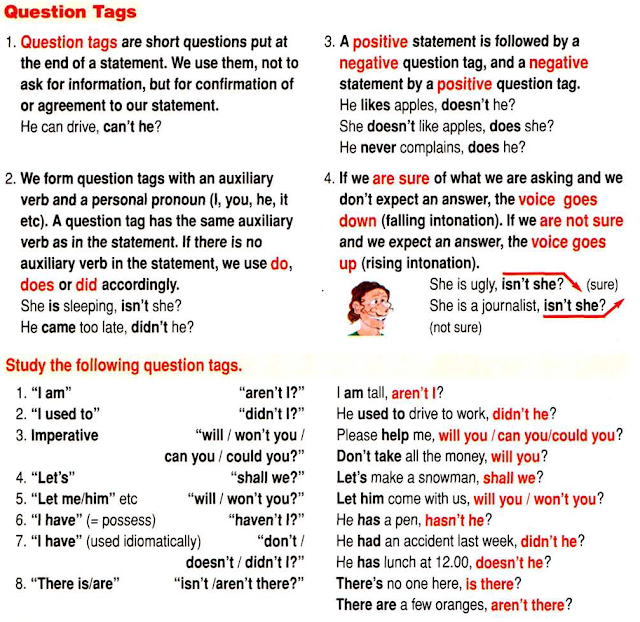 Are we alone in the universe?
Are we alone in the universe?
Scientists have spent lifetimes searching for civilization out of space but have yet (not to our knowledge) struck gold. Is this nailed on proof that we’re alone?
Professor Orsola De Marco of Macquarie University thinks otherwise, “I think that we will discover life outside of Earth in my lifetime.”
The latest research suggests that the Universe is at least 91 billion light-years or 8.6 million billion billion kilometers across. However, this is not a boundary, this is the furthest we’ve been able to see with the technology available.
In the grand scheme of things, the earth is a tiny place. With so much of the universe you can’t help but ponder, are we really alone?
Can an opinion be wrong?An opinion is an expression of human feelings, but can you consider a feeling null and void?
Everyone has an opinion, but no two people will agree with one another wholeheartedly on all subjects.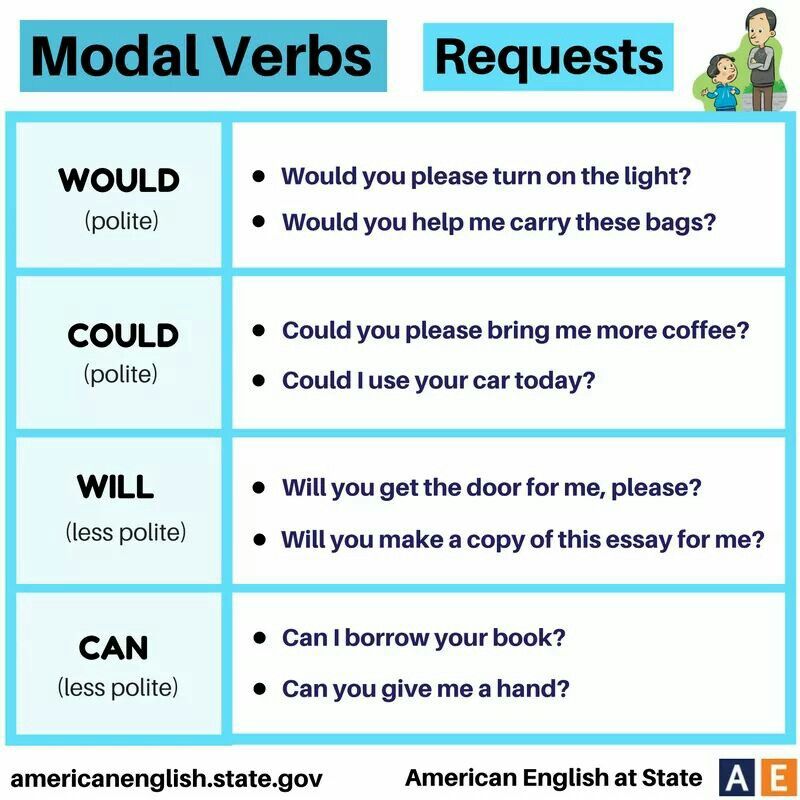
A conversation about politics is the perfect experiment to prove this. Close family and friends will often collide over their different opinions on the matter at hand.
But who is right and wrong?
Can you consider even the most outlandish of opinions as wrong? While there may be reasonable cause to think their standpoint is ill-informed, how sure are you that they’re wrong?
Further down the rabbit hole, how do you know your information source is right? You may develop opinions based on the news you watch on TV, but who’s saying this is truthful.
10 Funny Existential QuestionsAre things getting a little too deep?
We can’t have people thinking you’re the prince of darkness so let’s lighten the load with some humor.
These funny existential questions aren’t too challenging and will open the door to lighter discussion.
- Do animals have souls?
- Is a hotdog a sandwich?
- If I save time, when do I get it back?
- How is a product new AND improved?
- What came first, the chicken or the egg?
- What was the best thing before sliced bread?
- Can you be in the wrong place at the right time?
- If a tree falls in a forest and no one is around to hear it, does it make a sound?
- If the early bird gets the worm, why do good things come to those who wait?
- World a monkey hitting the random keys of a typewriter keyboard, for an infinite amount of time, eventually complete the works of William Shakespeare?
From the funny to the downright stupid. These are the most bizarre existential questions to get you scratching your head in bewilderment.
- Is the answer to this question no?
- Do crabs think fish are flying?
- What if a vampire bit Batman?
- If you try to fail and succeed, which have you done?
- Which letter is silent in the word ‘scent’, the s or c?
- How far East can you travel before you’re heading west?
- Does expecting the unexpected make the unexpected expected?
- How do you respond when someone asks if you’re in denial, but you’re not?
- Does the study of philosophy ever lead to answers or just more questions?
- What would you genetically alter about the human race to improve them as a species?
It’s time to get profound with 10 deep existential questions that’ll have your cog turning overtime.
- Do you believe in fate?
- If fate exists, do we have free will?
- What’s humanity’s biggest mistake?
- Is suicide ever justified, if so, when?
- Is taking a human life ever justified?
- Does suffering improve you as a person?
- What existed before the universe was created?
- If we rid the world of corruption, would this solve poverty?
- Would knowing your date of death affect how you live life?
- Can a human fathom the true depths of reality and existence?
Life is quite the journey.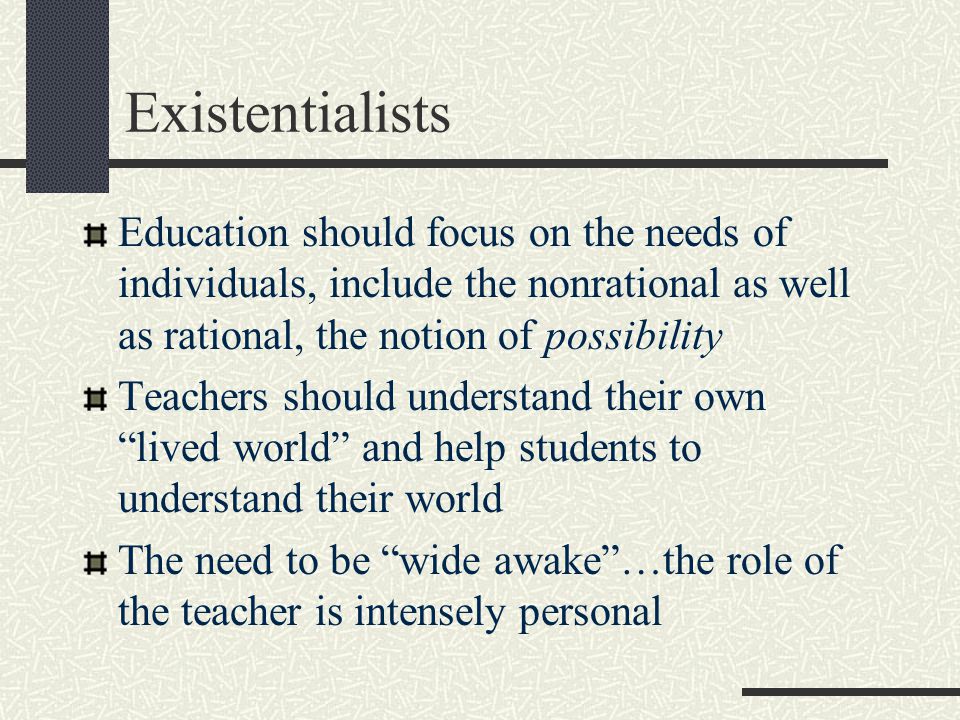 Sometimes we’re too busy to take a step back to think about it. These questions about life will open your mind and may even improve your day-to-day outlook.
Sometimes we’re too busy to take a step back to think about it. These questions about life will open your mind and may even improve your day-to-day outlook.
- Is wisdom or intelligence more useful?
- What’s the difference between living and existing?
- Is a life focused on avoiding pain a worthwhile life?
- What piece of advice would you give to others about life?
- What one thing should every human experience at least once in their lives?
Now let’s explore love. Posing these questions will help you deeper understand your emotions and find out how others see the complex thing called love.
- Do soulmates exist?
- Is it easier to love or be loved?
- What makes someone beautiful?
- How can you give yourself without losing yourself?
- Is it better to have loved and lost than never to have loved at all?
You might feel some existential questions are too deep for your liking, not everyone is a deep thinker.
First, allow yourself the time to ponder the questions alone. It’s a helpful process to plan your own ideas and opinions. When considering some of life’s existential questions you may feel that your mind opens. Not only are you becoming a profound thinker, but you’re becoming more capable of understanding yourself on a deeper level.
Once you’ve absorbed this experience, you may feel more comfortable using them in a discussion. It’s important to be open-minded and don’t dismiss other peoples’ opinions.
Feel your relationship is stagnant? Remember—deep connections come from deep conversations.
Thinking existentially is a great opportunity for you to become closer to loved ones. Let’s not forget, asking a loved one questions shows that you’re interested in them and you care to learn about them on a deeper level.
Make sure you’re in a relaxed environment. Existential questions need deep thought so you don’t want to be forcing these questions at the wrong time.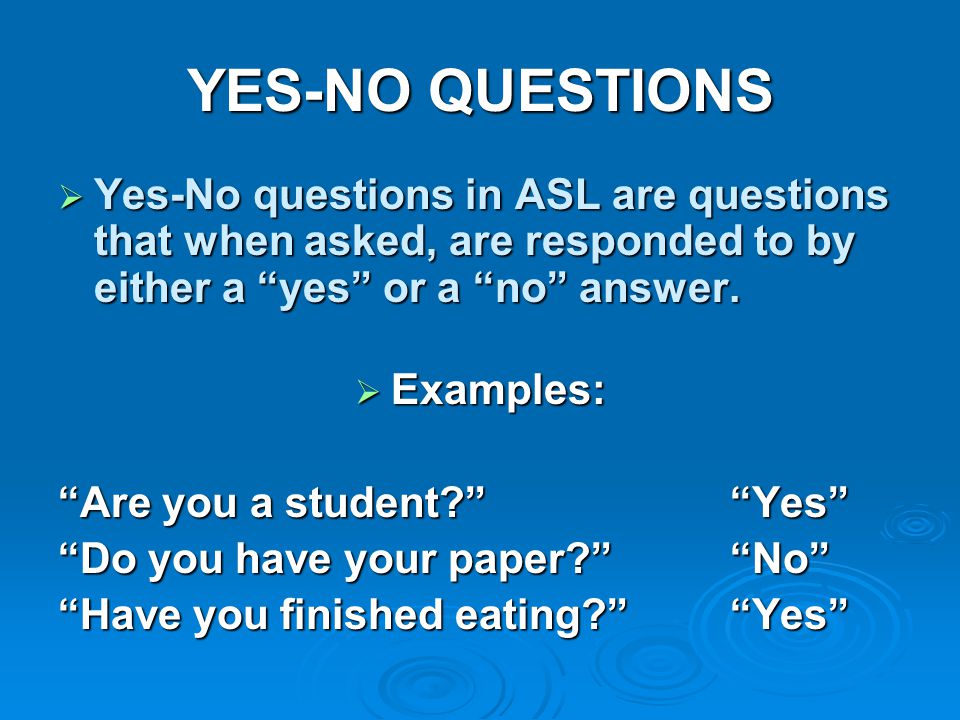
You could agree to talk deeper or drop a question over dinner and let the conversation flow.
Should You Ask Existential Questions on a Date?You definitely should! Be brave and be bold.
Asking questions will show that you’re eager to learn more about your date.
But don’t ask any old questions. It’s a fine line between interest and interrogation. For the ones to avoid, check out our list of 20 Questions A Man Should Never Ask A Woman (And The Reasons Why).
The nature of existential questions is both interesting and thoughtful. Incidentally, two qualities that women find attractive. Asking these questions is a subtle way to showcase that you have these qualities in abundance.
And on the flip side, you’ll learn about how thoughtful and articulate she is, and whether she has the confidence to express her point of view.
Whether it’s the first date or you’re further along and you think she’s the one, having thought-provoking questions in your armory will help your cause.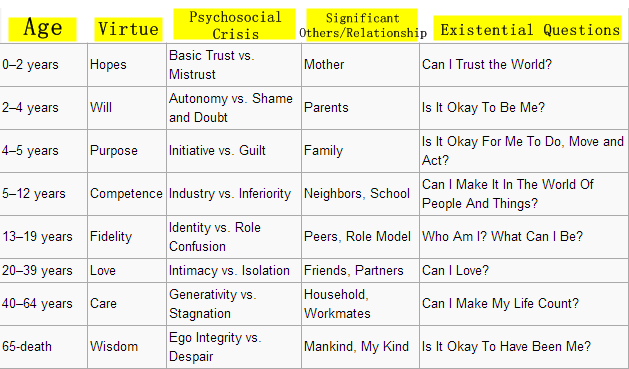
You’ll face many questions a day, most of which you’ll answer without thought.
What makes existential questions unique is the need for deep thought and perspective. They require you to explain and coherently portray your thoughts.
Topics can cover your feelings on life and death, morality, and why the world is the way it is. Mathematics this is not, there are no definite answers.
As your thought process spirals out of control, you may end up with more questions than when you started. Philosophy shows no bounds.
ConclusionThere we have it, a comprehensive list of existential questions. Has your brain survived the journey?
Why not stay updated and follow The Adult Man on Instagram?
Whether you’re new to philosophical thinking or you’re a seasoned pro, we hope you have enjoyed pondering the list.
It’s time to expand your own psyche and explore others.
Wishing you health in body and mind.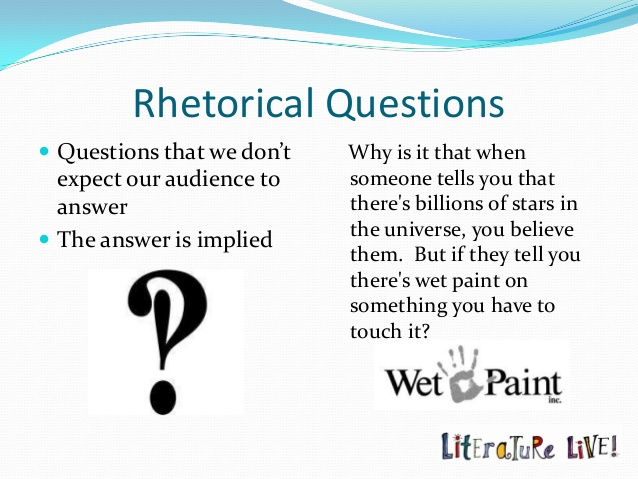
77 Existential Questions That Will Blow Your Mind
You don’t have to be a philosopher to ponder capital T truths.
Nor do you need to crack open a dusty Socrates text to begin thinking more deeply about the world around you.
It sometimes feels like our children ask us more profound questions about existence than we ask ourselves.
If you want to get in touch with your philosophical side or your inner child, we have put together an existential questions list that you can use to spark an internal conversation or an external debate with friends.
There’s no better way to get to know yourself or someone else than to ask about the meaning of life.
What’s in this post:
[hide]
What is an existential question?
Within the word existential, you will find another word: exist. Existential questions are profound questions that relate to the nature of our existence.
As a human race, we have been asking ourselves these questions for as long as we’ve been able to think and reason.
Every religion, philosopher, scientist, and artist has delved into existential inquiry in order to better understand who we are and why we are here.
The world is a confusing panoply of beauty, misfortune, goodness, tragedy, hate, and love.
Things happen that are out of our control, and sometimes the things within our control crumble in our hands without explanation.
Existential questions challenge us to understand the unthinkable and unknowable.
Can an existential question be answered? Perhaps not, but to ask these questions is to challenge us to entertain the possibility.
To accept not knowing the answer but search for it anyway is to be human in the most beautiful way.
77 Existential Questions to Blow Your Mind
If you haven’t spent years studying philosophical or theological texts, it can be hard to know what questions to ask, let alone know how to find an answer.
What’s great about existential questions is that you don’t have to know the answers to spark a lively conversation or challenge how you think about yourself.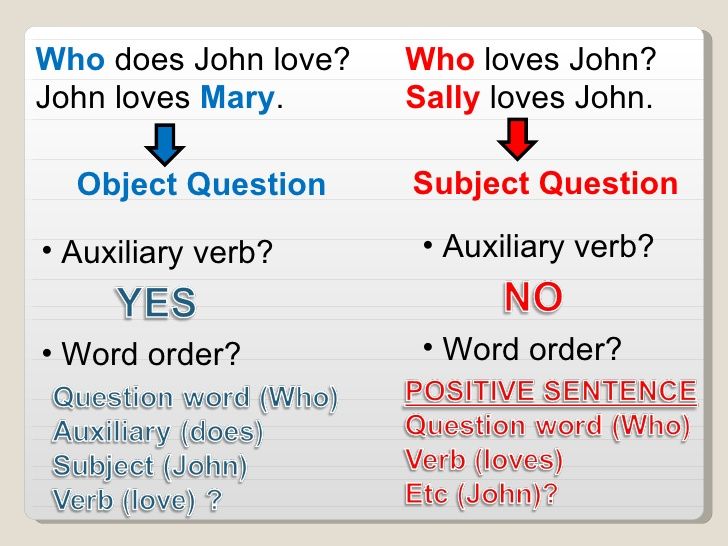 Here is a list of the best existential questions to think about:
Here is a list of the best existential questions to think about:
Deep Existential Questions
Is free will an illusion, or are we cogs in a greater machine?
How do we measure our lives when time is subjective?
Can art be defined?
What would life be like without suffering? Is suffering a necessary part of human existence?
If you didn’t know your age, how old would you be?
Are human beings inherently good? Are we built with an internal moral compass, or is morality entirely the result of socialization?
Is knowledge inherently valuable, or must it have a practical application to be considered of value?
Should humanity have a goal? If so, what should it be?
Can both destiny and free will exist simultaneously?
Is the value of a human being based on the sum of their actions, or do they have value no matter the actions they take? At what point do your actions give your life less value?
Babies and children are assumed to be innocent.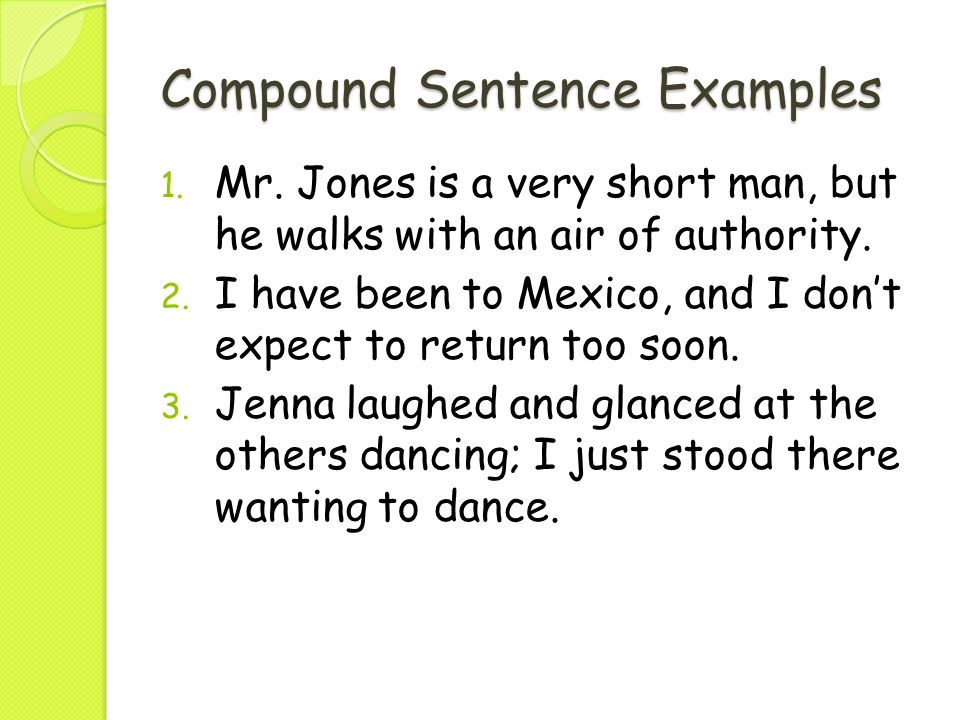 When do people stop being innocent?
When do people stop being innocent?
Is poverty inevitable, or is it just the result of corruption? Without corruption, would there be no poverty?
Is it possible to know if we are doing the right thing?
Is happiness a right or a privilege?
What is more important: the ends or the means?
What makes something beautiful?
Existential Questions about Life
Does life have a purpose?
If the answer is no, what is the purpose of living? Some say that we are given the freedom to choose our own purpose. Do you believe this to be true, or do you think our existence is the result of coincidence?
Are our lives fated? If so, can we truly have free will?
Is life made stronger by hardship? What would our lives be like without hardships?
What is one thing that every human should get to experience in their life?
Are we given enough time?
Do our lives exist entirely in reality, or are they also made up of our own constructions?
Is there a difference between living and existing?
What marks the beginning of life?
What marks the end of life? Is it death or is it when no one is left to remember us?
Can you ever have full control over your own life?
What is the location of the soul? Does it reside within you?
Do people exist before they are born?
What is more real: how you perceive yourself, or how others perceive you?
Is it scarier to think we are the most advanced form of life in the universe or that we could be among the least advanced forms of life?
Existential Crisis Questions
What events have caused me to feel uneasy in my life?
Can I locate what in my life is causing my crisis? Can those things be changed?
Is there someone in my life that I can talk through this with?
Is personal reflection and deeper thinking a bad thing?
Can this period of reflection bring me to a more positive place?
Is this crisis the result of an instigating event or extended boredom?
Are there resources that answer the questions I am having? If not, is it okay that there is not an answer?
What is an activity I have done that has made me feel the most alive?
Can I repeat that activity now or soon?
How can I change my perspective?
How can I make my existential crisis a positive experience?
How can I be more deliberate in my questioning?
Why is this moment occurring now?
What would I tell my younger self if I were experiencing this years ago?
More Related Articles:
15 Possible Spiritual Meanings of Dreaming About Your Ex
The Must-Know Differences Between A Sigma Male And Alpha Male
21 Signs Of Emotional Invalidation In Your Relationship
Funny Existential Questions
If you expect the unexpected, does that make the unexpected expected?
Is it immoral for a vegetarian to eat animal crackers?
Is a hotdog a sandwich?
Why isn’t it dangerous for a walk-in restaurant to have a drive-in window?
If I hit you with a dictionary, is that verbal abuse or physical assault?
They say exercising for an hour a day adds an extra hour to your life, but are you really adding anything if you spent that extra hour exercising?
If it’s bad to be at the right place at the wrong time, is it good to be in the wrong place at the right time?
If you draw a white circle on a white piece of paper, does the circle exist?
If quitters can’t win and winners never quit, why would we tell someone to quit while they’re ahead?
Before we had sliced bread, what did we consider the first best thing?
If animals have consciousness, do birds consciously choose who to poop on?
Is it possible to be standing backward on a staircase?
If everyone thinks life isn’t fair, is it fair to say that life is in fact… fair?
If you purposely fail, did you succeed?
Who let the dogs out? Who? Who, who, who?
Existential Questions to Ask Yourself
Are your successes your own, or are they the culmination of what others have given you?
Given the chance, would you want to know how your life will end and when it will happen?
How would knowing when you are going to die affect how you live your life?
Is it better to expand your knowledge or deepen it?
Can your existence be replaced?
Are there any upsetting truths that you have been ignoring?
Could you live normally having never told a lie?
Would you be a different person if you had a different name?
Which of your choices do you think will have the longest and most far-reaching impact on your life?
If you could become immortal, without the option to end your own life, would you?
If you focused solely on what was going well in your life, rather than what was going wrong, would things get better or worse?
Is it more important to advocate for yourself, to advocate for your family, for your community, or the world at large?
Are the standards to which you judge others the same standards you use to judge yourself? Should they be the same? How would you justify them being different?
What activities make you feel the most alive and in touch with your humanity?
Would you rather feel out of this world or a part of it?
After you die, how do you want to be remembered? For how long do you want to be remembered?
How to Use These Existential Questions
All of these questions can seem overwhelming at first.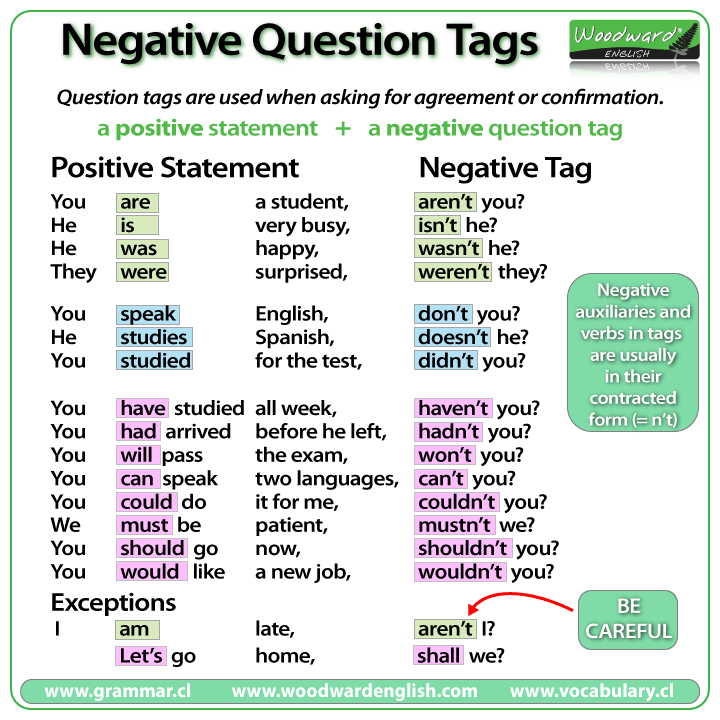 You may not know what to ask first or who to ask. Some are better to be pondered alone while others would be great to ask a close friend or entertain guests at a dinner party.
You may not know what to ask first or who to ask. Some are better to be pondered alone while others would be great to ask a close friend or entertain guests at a dinner party.
When used the right way, these questions can expand your mind and bring a deeper purpose to your life. Not only can they help you to become a more understanding and profound thinker, but they can bring you and your loved ones closer.
Even simply asking questions can show that you care to know someone on a deeper level, whether or not they have an answer.
There are so many occasions where thinking existentially can improve how you feel and your relationships with other people. For example:
- If you want to have deeper conversations and form deeper connections.
- If you are stuck in a rut and life feels monotonous.
- If your relationship feels stagnant.
- If you feel alone.
- If you want to know yourself better.
- If you have a big decision to make.
What did you discover with these existential questions?
Asking these questions can feel strange at first.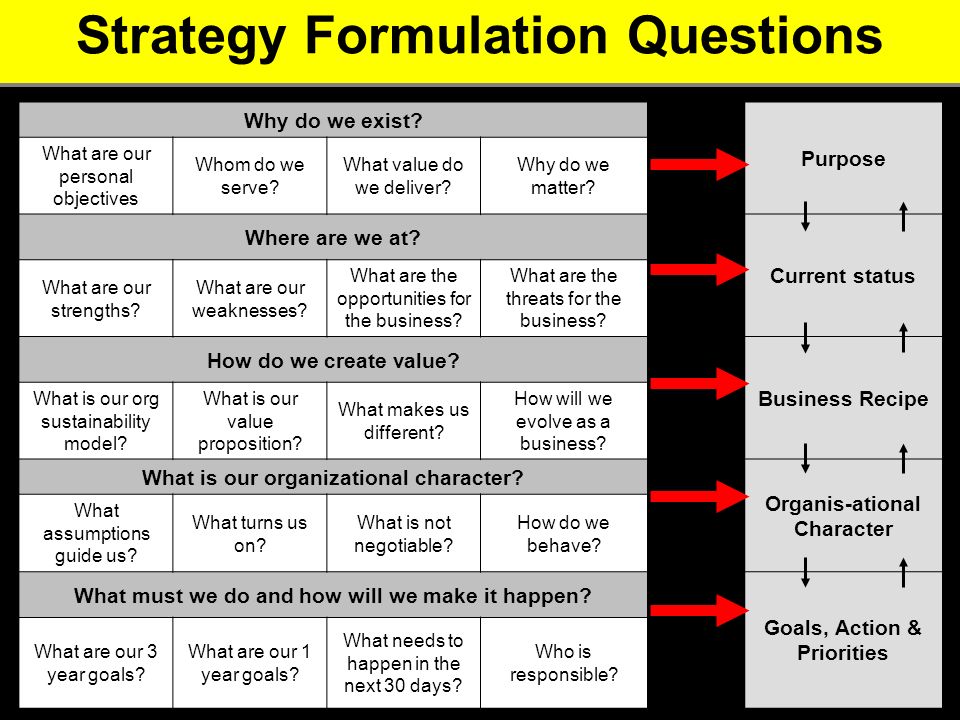 We often don’t respond well to questions we don’t know the answers to. Not knowing can make us feel small and silly.
We often don’t respond well to questions we don’t know the answers to. Not knowing can make us feel small and silly.
However, there is power in admitting that you don’t know everything. Living a curious life is one of the most empowering ways to move through the world. As children, we are curious about everything. We look at the underside of every rock and stone to find what lies beneath.
At some point, our curiosity fades, and we begin to accept what we see without looking deeper. Asking existential questions not only ignites our curiosity again, but it also deepens our acceptance of the complexities of life.
Existential questions and personal answers for our time
Hello, says Alfried Lenglet from Vienna. At this critical time, in times of crisis, I decided to share with you some thoughts, some encouragement, and perhaps some guidance.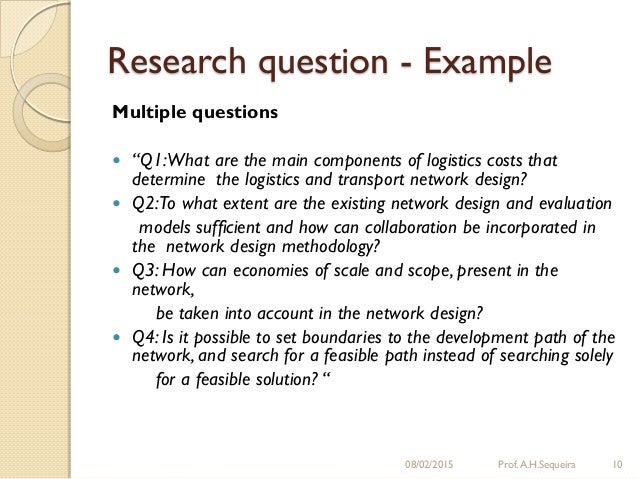 I have prepared a half-hour speech for you. I have chosen for it the title Existential Questions and Personal Answers for Our Time. Existential Analysis Reflections on Dealing with the Present Time. Or, in simple terms: “How can you survive as a Person in such times, and how can you save your spirits, your soul and yourself in the inner and outer world?”
I have prepared a half-hour speech for you. I have chosen for it the title Existential Questions and Personal Answers for Our Time. Existential Analysis Reflections on Dealing with the Present Time. Or, in simple terms: “How can you survive as a Person in such times, and how can you save your spirits, your soul and yourself in the inner and outer world?”
First of all, this is a difficult time and an unusual time. But for most people, this time is not very dangerous. This is not a ship that goes to the bottom and not a plane that falls to the ground. We are all on more or less safe ground. Some people are more secure, while others are less protected. We'll talk about it. So, just to be aware, to see the horizon in which all this is happening, let's say that this is very unusual, it's true. But in some way we are quite protected. It's unusual, but we don't die, we don't survive a catastrophe, with a few exceptions. But, generally speaking, this is not a shipwrecked ship, because that would certainly lead to panic reactions.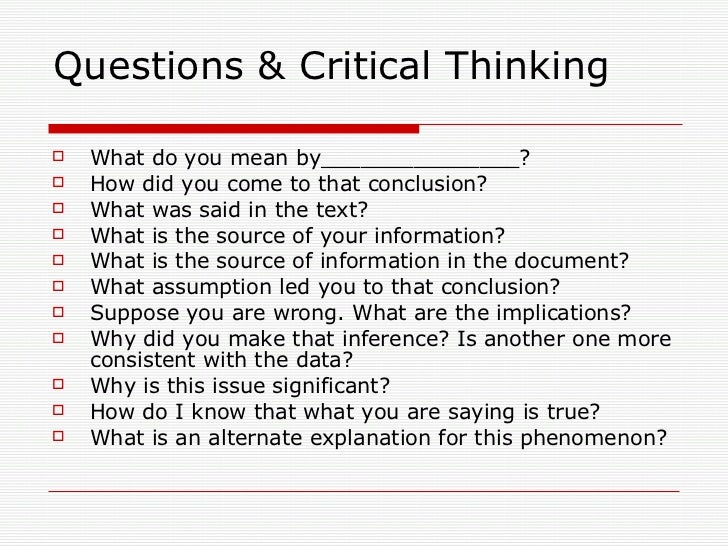
But when we realize we're still on solid ground and we can walk and eat and breathe and talk and we're connected, that makes our situation a little relative. I would like to talk on three topics. One of them is the questions that we are facing at the present time. The second is the insecurity, the existential insecurity, and the third is the challenge, the personal challenge that arises from this suspension [of habitual life].
I. Let's start with the first question. What is the specific issue we are dealing with now? I have already said that this is an unusual time. Extraordinary. We've never had anything like it. I think that everyone who lives here did not live during the World War. During the World War it was much worse. But no one knows what we're going through right now. As I said, there is no direct danger now, but for some it is definitely a danger. They lose their jobs, they have a difficult health situation, or they are even infected with the coronovirus. In 80%, his symptoms are normal, within the normal range for the usual flu, but in 20% it can be complicated, and for 5% it can become really severe.
In 80%, his symptoms are normal, within the normal range for the usual flu, but in 20% it can be complicated, and for 5% it can become really severe.
Thus, life in unusual times leads to the main theme - defenselessness. In the absence of security, we do not know what can happen. Insecurity activates old problems - problems that I have with myself. When I have bank debt, the insecurity makes them harder to carry. If I have difficulties in relationships or at work, insecurity makes them more difficult. Insecurity activates and revitalizes old problems – and creates new ones.
So we can say that this extraordinary time brings existential wakefulness to life. We are all awake and dealing with existential questions. "Existential" means that it refers to my life, my survival, my quality of life. All this is affected by such a situation, and we do not have ready-made recipes or real ways to deal with this kind of challenge and danger. They are existential in the sense that they concern my life.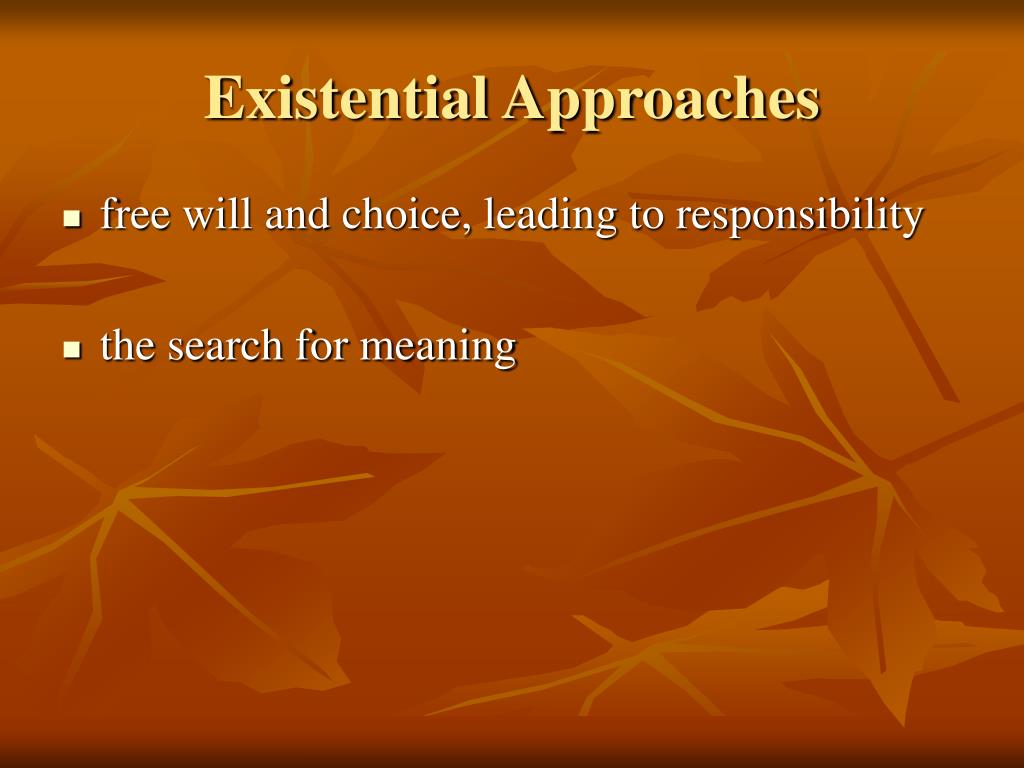
This existential wakefulness affects two main fields. One of these fields is current issues and issues that are relevant to this extraordinary situation. Extraordinary means extraordinary. There are such acute issues here as anxiety, like the loss of a job, like unemployment, lack of money; the question is how dangerous this virus itself is and all the consequences. This may bring the question: how can we survive? How can we survive as a nation? How is the family? How can I survive? Through these questions we come closer to the question of death and of great economic hardship on a national scale and also in the family or in private life.
So we are in sharp confrontation with the question: What can happen again or will something more happen than has already happened? And when we see a huge number of dead people in Italy and Spain, and now this is happening in other countries, this is a real threat, and we did not know that people could die in such numbers. Actual questions and problems of real survival and its specific aspect are present at different levels: in the economy, at the personal level and in the state of health.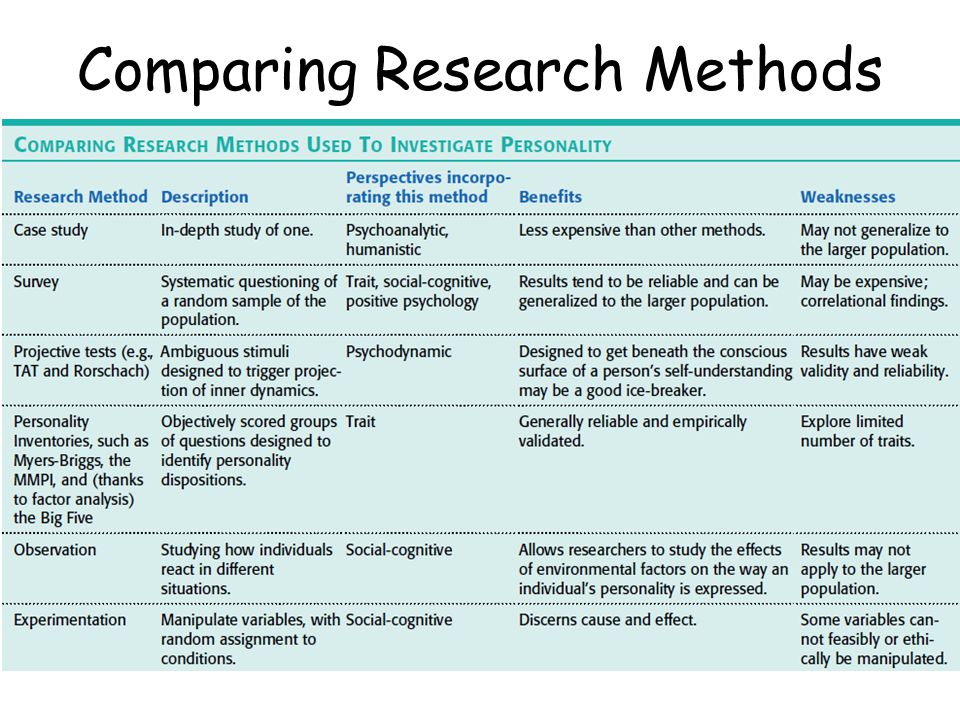 This is a big question.
This is a big question.
Another group of questions is not so acute, but these are typically existential fundamental questions, deeper, fundamental questions, such as:
"What do I really need to survive and live on?"
"What is truly valuable to me in my life?" “Now that I can’t follow my normal life, what matters to me?” “What is the value that I want to be with?”
And the third question, in the third dimension of existence: "Who am I really?" “How does it feel to be more like this with yourself?”
and "What do I live for?" "How do I live and why?"
These are typical existential questions that now, in this situation, come much closer. This was the first part of my speech, the purpose of which is to make us aware of a greater existential wakefulness - the awakening through sharp questions and actual problems that bring us to the limits, and some of us to the border of the very possibility of living. And for those who are infected with the virus and are at risk, there is a really difficult question of survival.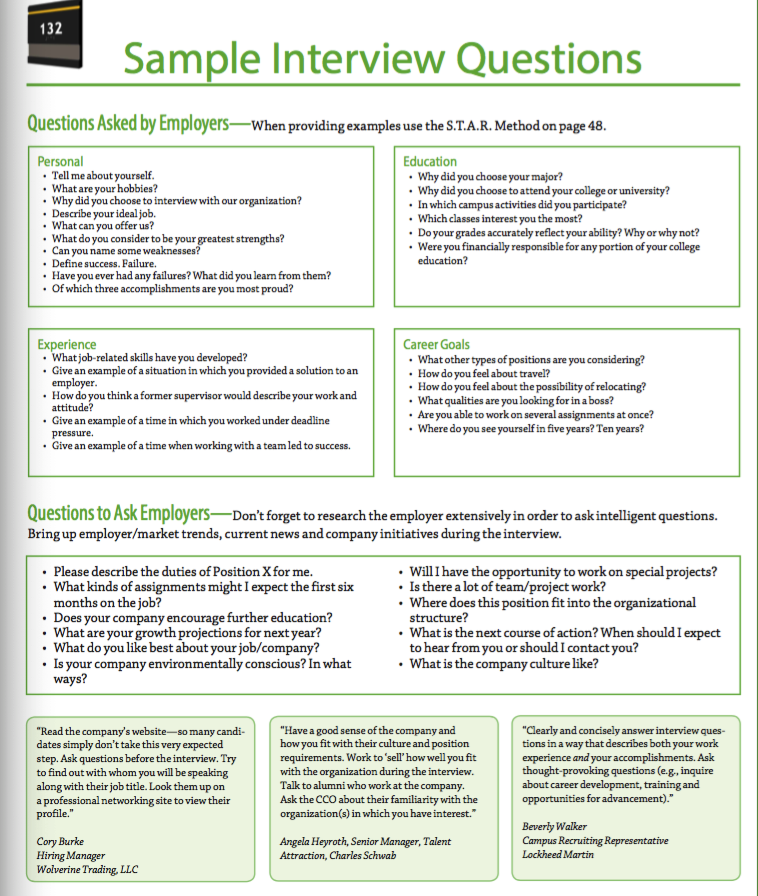 And maybe some will die. And we can't stop it.
And maybe some will die. And we can't stop it.
And this is also unusual because we usually think that with modern medicine and technology and all the science that comes with it, we can save anyone and do whatever is necessary. But now our experience shows that there is no cure, no specific remedy. There is no vaccine. We are vulnerable to this virus.
II. In the next part, I would like to talk about the specificity of this defenselessness. There are many insecurities that we must deal with.
For most people, the main thing is material insecurity. No income, no employment, no job, no business – the world is not functioning properly. And with the absence of such a basis, it is difficult to achieve a sense of security and a feeling that one can survive. The economy as a whole no longer functions.
And the next question is the question of health. How easily can we get infected? The contagiousness (infectiousness) of the virus is very high, and the risk of catching an infection is quite high.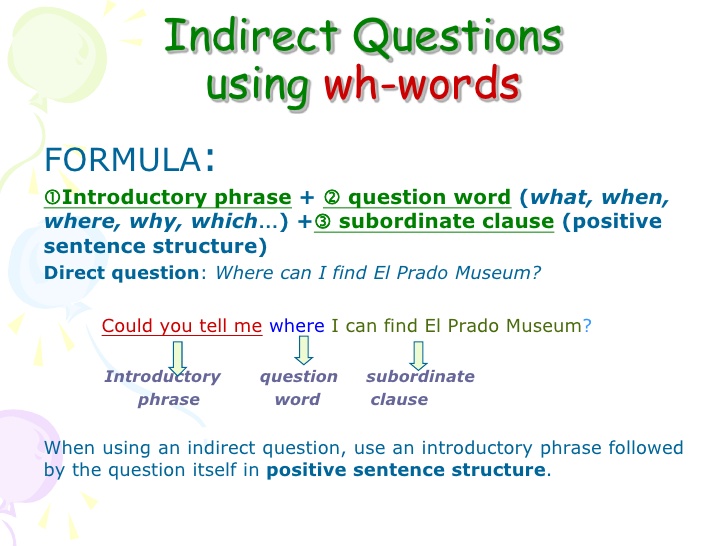 Although younger people are not at risk themselves, they can pass the virus on to their grandparents or parents and infect them. And for them it is a real danger.
Although younger people are not at risk themselves, they can pass the virus on to their grandparents or parents and infect them. And for them it is a real danger.
So, in this defenselessness, we are in constant danger of being infected and infecting other people, and we are in a very difficult situation economically. For some people, this is a really difficult situation. Of course, for those who are retired and have a stable income, the situation is different. But it is very difficult for one who can lose the basis for life.
And, of course, there is defenselessness before the future. What will happen after all this? What will happen during this suspension? We definitely experience in life what existential philosophers talk about. "Being human means being defenseless against the world." We are not protected, we are naked - we are in constant insecurity. This is the primary experience of being human. To be human means to be defenseless. It starts from birth. It's terrible to see this baby, born into this cold world, and now forced to eat and breathe, take care of himself more and more.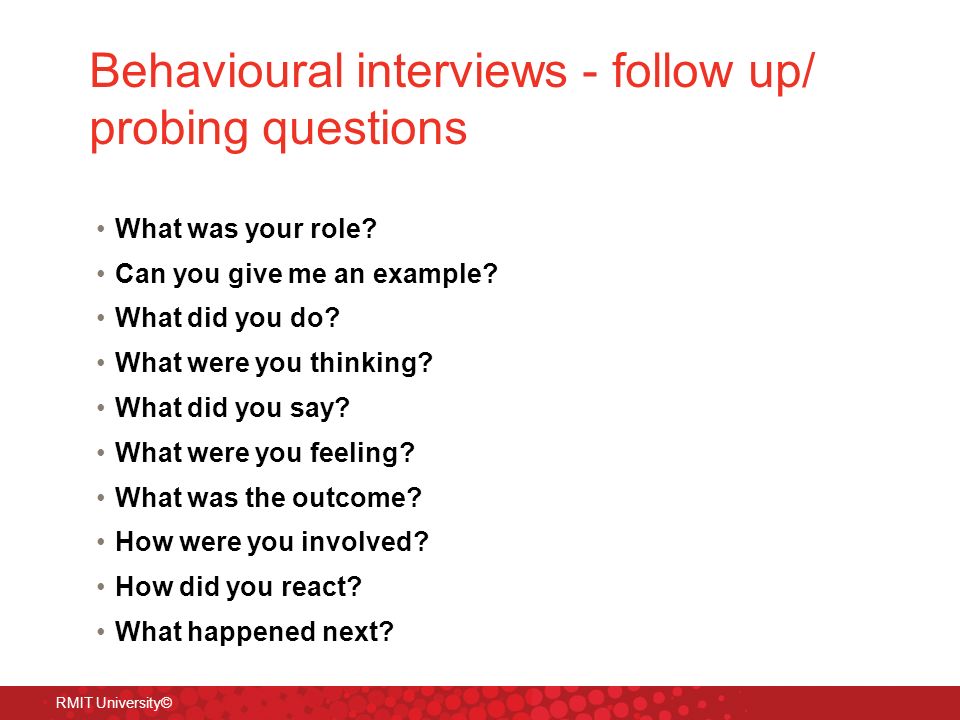 But the child is growing up. Children must learn to take care of themselves, being defenseless before the world.
But the child is growing up. Children must learn to take care of themselves, being defenseless before the world.
So being-defenseless is a primordial experience, it belongs to being human. The current situation makes us aware that existence is something that has this structure and we cannot change it; that we may have been dreaming, we were not in a realistic attitude towards what was going on. Because everything was working quite well, and we didn’t even think about the fact that there would be nothing to buy, there would be not enough food, and there would not be enough time for a relationship.
So, in other words, this being defenseless means there is no security in life, and of that we are becoming extremely aware these days. There is no reliability in life. The only thing that is certain is that, no doubt, sooner or later we are going to die. This is the only thing that is true. Everything else in existence is in constant possible change, and there are always so many things that can happen that we cannot even predict.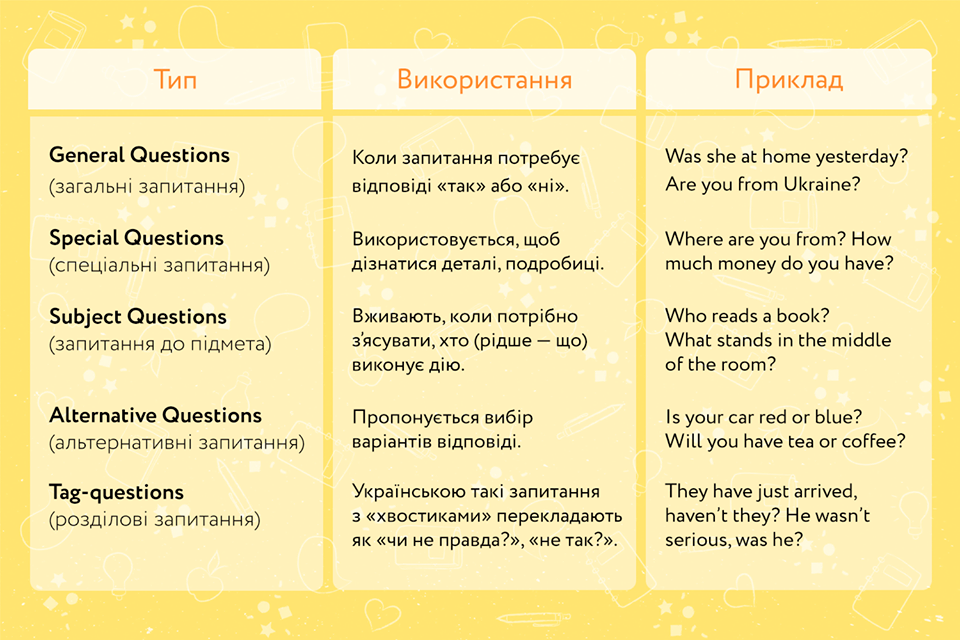
Mortality makes itself felt, we have a mortal existence. And we are mortal from the very beginning of our existence here - not only at the end of our life. To be mortal every day. It's unpleasant to hear this or think about it. But it's true. And it's useful to get along with that reality. Because otherwise, if we can't die, if we don't feel that death can, maybe, happen in my life – if I can't accept it, then I can't really live.
This is the outstanding challenge and the great chance of our time that we are becoming more aware of this or dealing with this issue, this reality, that we are awakening into the present reality.
Insecurity, defenselessness, the possibility of dying every day - this is the possibility in which we are. This brings us closer to real life, but it certainly creates tension. For many people, this causes stress. And this can cause anxiety, because anxiety is always fear, which says that I can be destroyed, destroyed, wiped off the face of the earth, that I can die. We do not worry about living, except when something is in danger and can be taken away and lost - something that is of value to us. If we were to lose what is of value to us—health, money, income—it would bring us closer to death. And death appears behind these experiences. And so it is worrisome. In an existential sense, behind anxiety is always death or the loss of the most precious thing we have, life.
We do not worry about living, except when something is in danger and can be taken away and lost - something that is of value to us. If we were to lose what is of value to us—health, money, income—it would bring us closer to death. And death appears behind these experiences. And so it is worrisome. In an existential sense, behind anxiety is always death or the loss of the most precious thing we have, life.
Anxiety is a realization, or perhaps it is an unconscious but felt realization, a "felt perception" of our time. It is the realization that in a crisis we are vulnerable and defenseless, which causes tension, because in tension we grasp something that gives us a hold, that gives us a foothold where we can fixate and hold on when we are insecure. Therefore, we have muscular tension and mental tension.
How can we oppose defenselessness? How can we better deal with fundamental insecurities in life? In order to survive in a daily situation (we can't philosophize every day), we must take care to be protected and ask ourselves: "What gives me protection?" So now it's a challenge to look around and think about what in my life gives me protection? What gives me so much protection that I get a feeling (and right now make it concrete and therefore lived), which gives me just being-here so that I can feel and say, "Yes, where I AM, at this time, at this moment, I CAN BE" .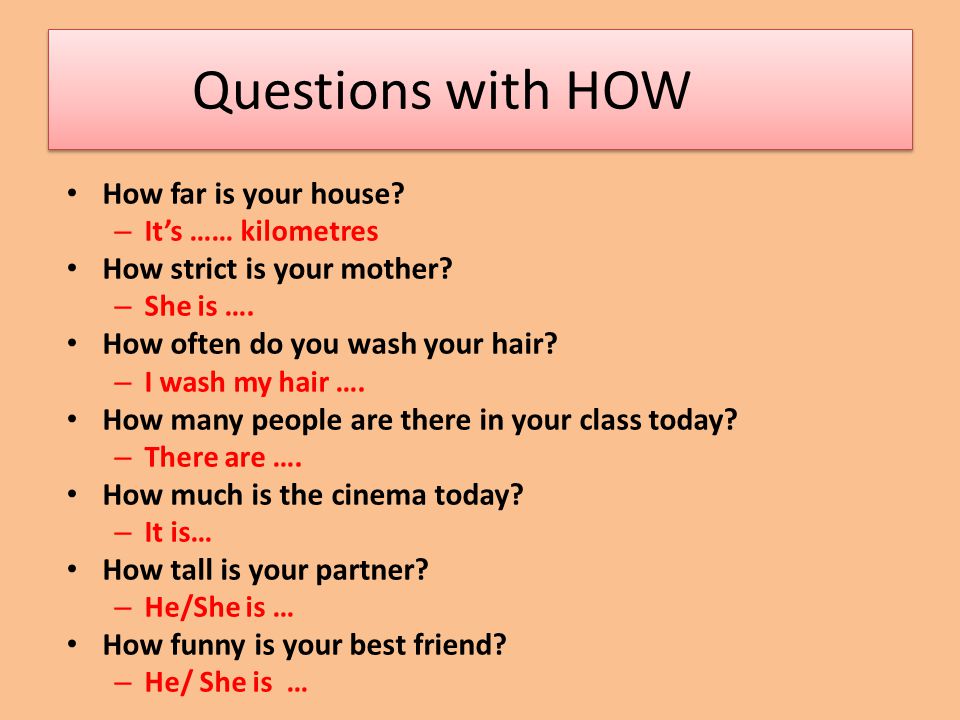 There is no real danger here. I feel safe enough.
There is no real danger here. I feel safe enough.
Here I feel somewhat protected. The house I live in, this room I'm in. My body, which is reasonably healthy, or I take care of it. And they all allow me to be here, they are not aggressive towards me. They don't try to hit me or threaten me, they let me be. And I can live with it. Also in this relationship, in this family. And with yourself. I can also let myself be. And I want to protect myself. It gives me the psychological basis for dealing with this fundamental issue of humanity – being vulnerable and dealing with constant insecurity throughout life. Find my niche where I can be and take care of what protects me. What supports me and gives me enough support to make me feel carried, supported.
Relationships are a huge part of it - relationships from people I know about, I feel, I care: "they care about me, they're here for me." And I also give support to others when I can say, "I care about them and I want to be here for them. " Together we are much stronger. Together we can deal much better with this constant life insecurity, existential insecurity.
" Together we are much stronger. Together we can deal much better with this constant life insecurity, existential insecurity.
So where can I BE? Check for yourself: is there anything that prevents me from being here and feeling calm and in a certain way safe? Surely thoughts can invade and tell me, “But you never know. Something can always happen." And I have to respond to those thoughts and say, “Yes. This is true. But right now I don't see anything that can instantly happen. Theoretically, anything can happen, but practically, concretely…” And bring it into the soil of a concrete life at this moment, at this hour. Is there anything here that really, concretely matters? Even in times of crisis, can I be where I am? If not, what is the threat? If there is a real threat, then I must deal with it. We cannot live under threat. We need to eliminate it, work on it.
I can say, "But in a month I may not have enough money." We'll talk about what we're going to do with this a bit later. But today I can still be here. It is important to live your life day by day. I can't put her in safe mode for the future, for the entire future period. The more distant the future, the more unsafe it is. But today in our life we have only a moment - this minute. Here is my life. And this is where I have to make a stand. This is extremely useful because it allows us to feel the foundation standing on the foundation (soil).
But today I can still be here. It is important to live your life day by day. I can't put her in safe mode for the future, for the entire future period. The more distant the future, the more unsafe it is. But today in our life we have only a moment - this minute. Here is my life. And this is where I have to make a stand. This is extremely useful because it allows us to feel the foundation standing on the foundation (soil).
But what if there is something more than just insecurity? When is there anxiety? With anxiety, we need a specific technique. Anxiety requires more investment. Anxiety takes more courage, it takes courage to confront it, to deal with it. If there is anxiety that maybe I might get sick, or maybe I won't have enough money to pay rent or groceries, then the first thing to ask yourself is:
1. How realistic is this? What can I do to prevent this?
There are many things I can do to prevent infection. I'm not here to give you this specific prevention - what we should all be doing, such as keeping your distance, washing your hands, wearing masks, etc. So I can do something .
So I can do something .
What else can I do to prevent the situation that I will not have money? There are some social programs that I can apply for, etc. Or talk to friends, help each other. How realistic is this?
Maybe when I look at myself this concretely, I'll have to admit, "Well, it's more of a feeling than it will be." If it's just a feeling that this could happen… Be realistic, sober, serious and ask yourself, “How many days do I have to be sure I can live? How risky is it really to get infected?” and so it is with regard to everything, whatever concerns the anxiety. How realistic is this?
2. And what will be the real consequences? And what happens next if I get infected?
80% - nothing really happens. From 30 to 40% do not even realize that they are infected, which creates a danger to others. So let's ask ourselves: What can happen? Could I go to the hospital?" Yes, it can happen. One of the consequences would be that I would become really seriously ill, with difficulty breathing. I will have to go to the hospital. And it may happen that there will be no free places in the hospital. It might happen. It happened in Italy for thousands of people. It can happen, it's a reality. And it may happen that I die. It's realistic.
I will have to go to the hospital. And it may happen that there will be no free places in the hospital. It might happen. It happened in Italy for thousands of people. It can happen, it's a reality. And it may happen that I die. It's realistic.
But before we get to this point, what can happen? If we don't have money for food or pay the rent? What will be the consequences? Think about realistic consequences and then ask yourself:
3. If this happens, what will I do?
If I do become infected and I need some level of medical care and need to be hospitalized, what will I do? How do I organize it? Could I call an ambulance to take me to the hospital? Will I make it? I will do what I can. I promise myself: I will do my best.
And if I don't have enough money, I will do my best. I will ask other people for help, I will eat less. I will share this or go to my friends and ask them for food, unless, of course, I get money. I will do it. It is very important that I experience “I will not leave myself alone.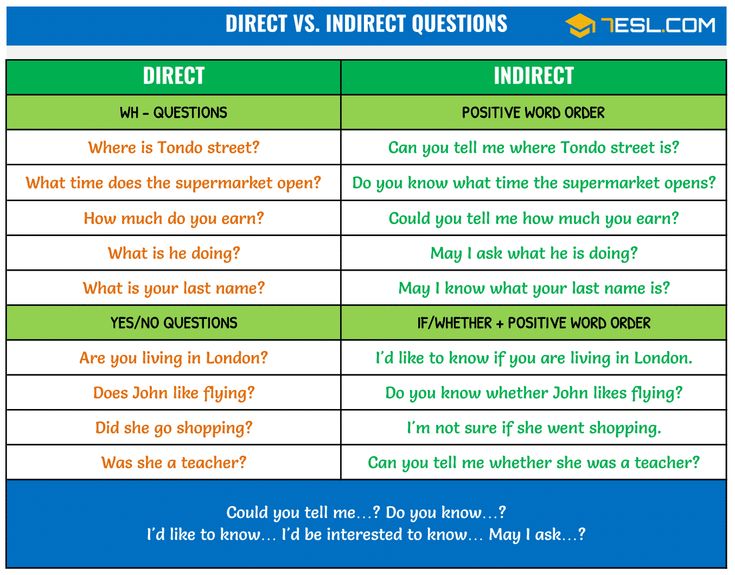 I will stand up for myself and do what I can."
I will stand up for myself and do what I can."
And then, for everything else, I can only accept. I can only accept that when I am this sick and in the hospital and my body is not strong enough to survive, I will have to die. And I'll say, "That's been my life."
This is realistic. It really can happen. And if I'm afraid of it and can't even think about it, talk to other people about this possibility. Share it. Other people have similar feelings. And when we talk about it, that kind of talk makes it more comprehensible and we can develop in it.
One day I must die. I don't know when, and I don't know why. But dealing with this reality makes it comprehensible and puts me in the proper attitude, which tells me: "I must live now, and one day my death will make itself felt."
It's definitely not that simple, that's what we were talking about. But it can be said more simply and more specifically. That being in this world is being-mortal and being in constant insecurity.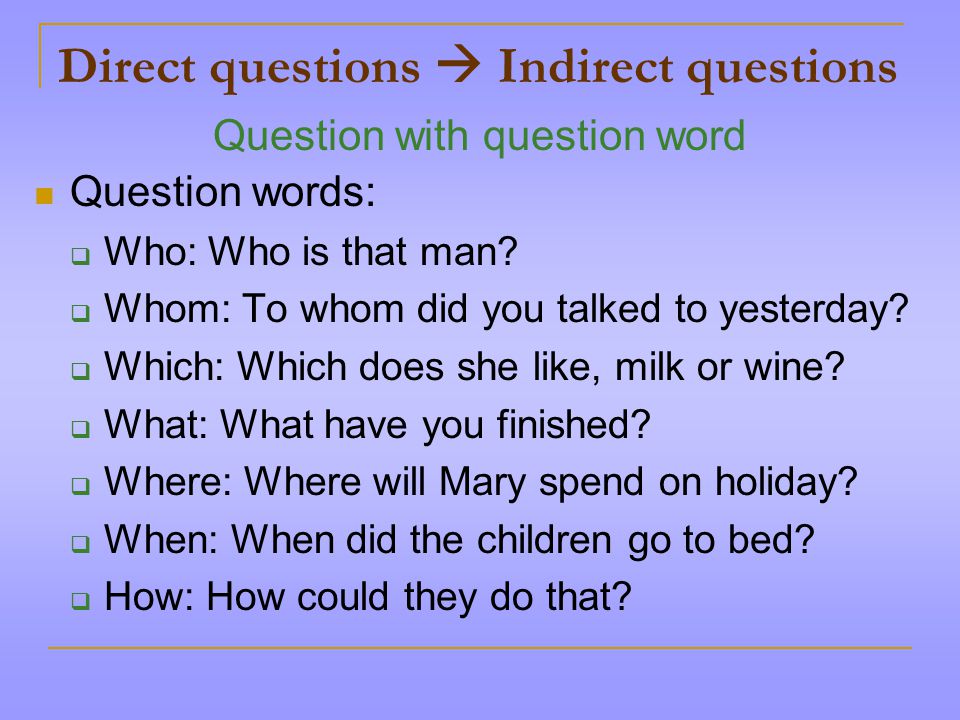 And we have to make do with it in times of crisis, an unprecedented time making it more conscious for us.
And we have to make do with it in times of crisis, an unprecedented time making it more conscious for us.
This was the part about insecurity: what it means, where it comes from (social, political, economic and health insecurity, future insecurity) and how to deal with insecurity and the stronger reactions to insecurity such as anxiety.
I'm going to the last part. I want to talk about calling this suspension (of normal life). We live in a period when in most countries social and economic life is suspended to a minimum. In other words, for good interaction, the outside world is closed to us. We can't travel, we can't go out to meet friends. We have a difficult time - we can't even leave the house. Most of us cannot go to work. Some of the work is happening online, some are still open to work, but for a lot of people all this has stopped. This means that we have been taken away. The whole world in which we used to live was closed to us - the world of our business life, the world of our meetings; the world where we move and breathe.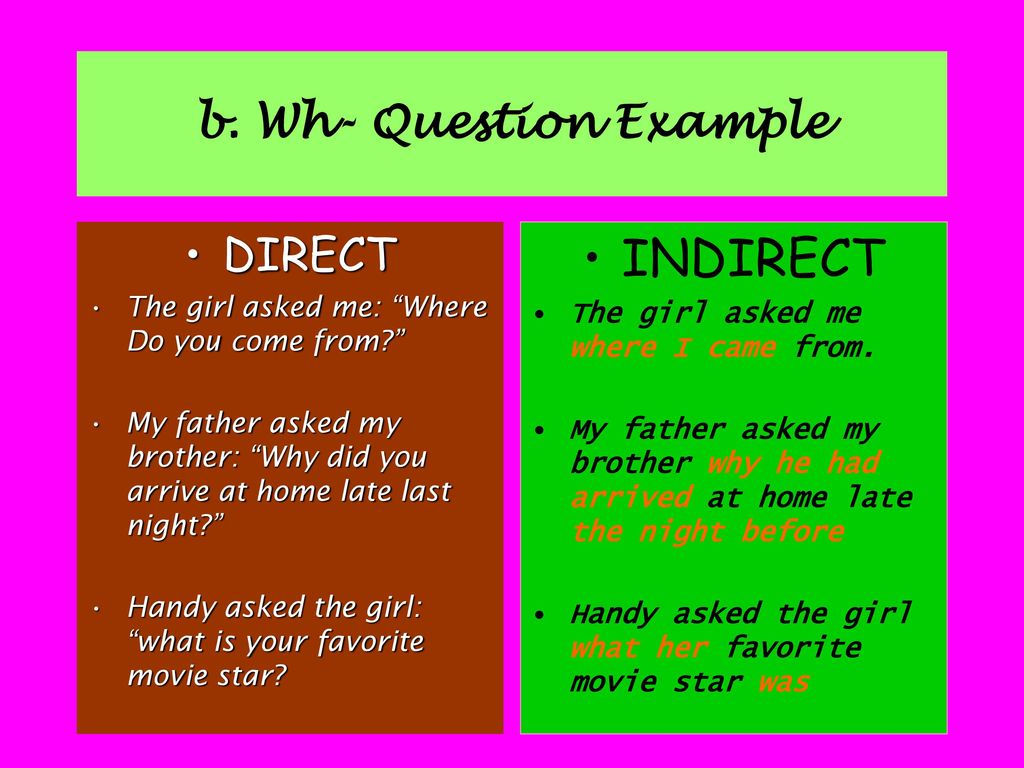 Where to go?
Where to go?
Praise the Lord, we have another world. We not only have an outer world - we also have an inner world. I deal with both worlds at the same time. Inner peace appears when I close my eyes. The outside world is shown when I open my eyes. So we can picture it like this. (Shows a picture).
I, as a Person, form part of these two worlds: the outer world and the inner one. They are superimposed. When the outer world shuts down, then we still have the inner world to go into. And in this inner world, most people do not have as good an experience as they do in the outer world, because everyday life requires a lot of attention from us in order to cope with it. But the inner world is also a big world. This is the world I'm in with myself.
Now this time is telling us, "Hey, you can't escape yourself!" It's something we certainly know. But something we don't do very often. We cannot help but be ourselves. I HAVE TO BE MYSELF AND HAVE TO DEAL WITH MYSELF.
And look at this.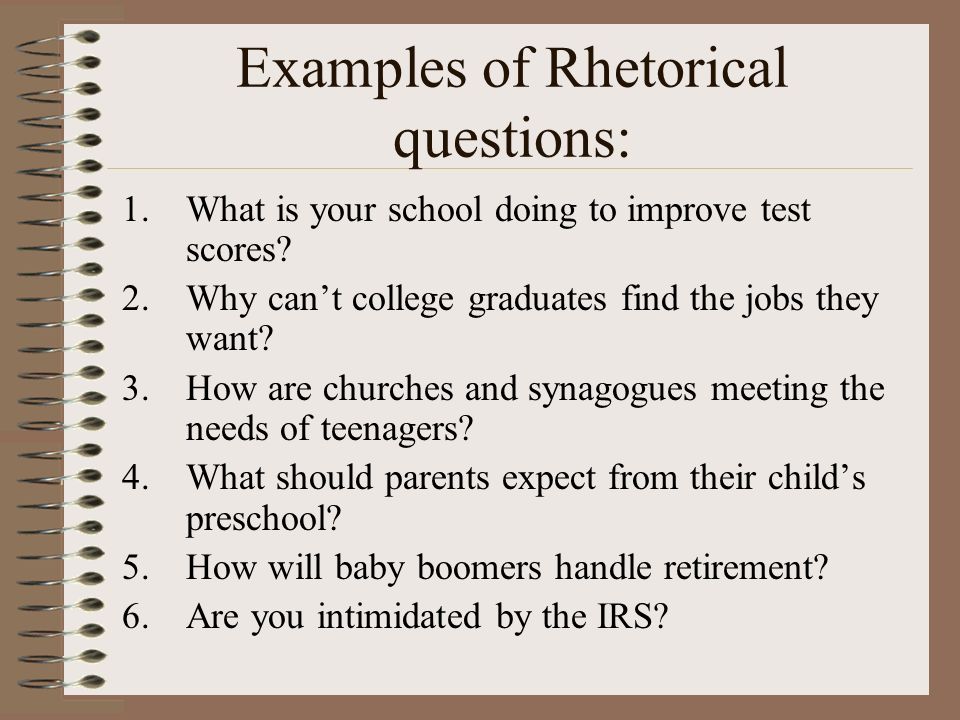 This is the greatest chance of the present time when we have a limited outside world. Therefore, we open up and enter into the inner world. We strengthen ourselves in this world, take our place in this world and deal with it through an internal dialogue. Self-talk is the main tool for processing and being yourself, and for having a healthy mental life. Internal dialogue.
This is the greatest chance of the present time when we have a limited outside world. Therefore, we open up and enter into the inner world. We strengthen ourselves in this world, take our place in this world and deal with it through an internal dialogue. Self-talk is the main tool for processing and being yourself, and for having a healthy mental life. Internal dialogue.
Some people know very well what this means and very often do it. Other people have only faint ideas about him, and still others do not even allow any thought that I can actually talk to myself in the same way that I can talk to other people.
I can talk to myself. I can ask myself, maybe with my eyes closed, “How good do I feel about myself? How am I with myself? How does it feel to be me? How do I feel in my body? We may have some pains, etc., but maybe I don't have any pain sensations. Just take the time to feel yourself in your body, in my body. This is my body. This body belongs to me. I can touch him, I can get in touch with him.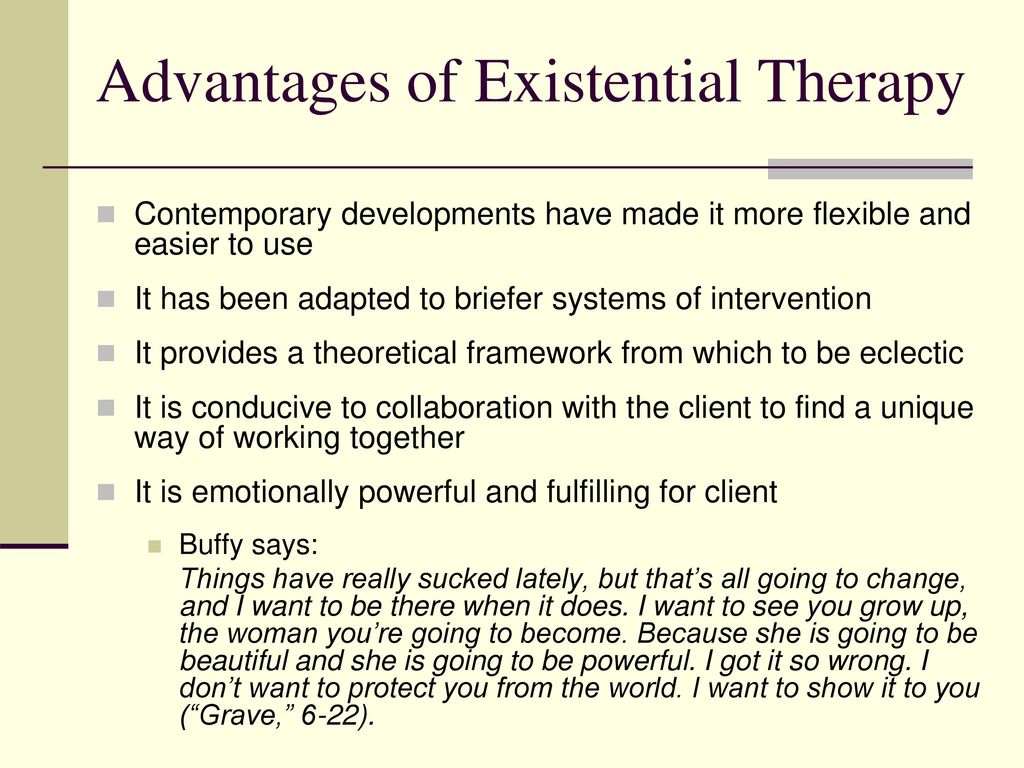 I am. Of course, I am more than just the body, but I am always the body as well. I cannot BE in any other way than physically.
I am. Of course, I am more than just the body, but I am always the body as well. I cannot BE in any other way than physically.
Can I feel my feelings, what feelings do I have, what is my mood today? Do I feel tense or do I feel calm? And how do I feel about my attitudes and beliefs, religion and beliefs? In my relationship, what does it feel like to live my life?
And now I'm going to describe a little more this meeting with myself, this inner being with myself, in order to expand the inner freedom. When outer freedom is limited, we have an immeasurable amount of freedom in relation to the inner world. But many people do not know how to open this inner freedom. Therefore, I offer you some ideas, a source of inspiration - perhaps methodological recommendations, to use and practice with yourself or maybe in your family; or before going to bed (this or that question that you can take out for yourself).
I have organized these questions according to the structural theory of existential analysis, according to the four dimensions of existence, which I have not spoken about here.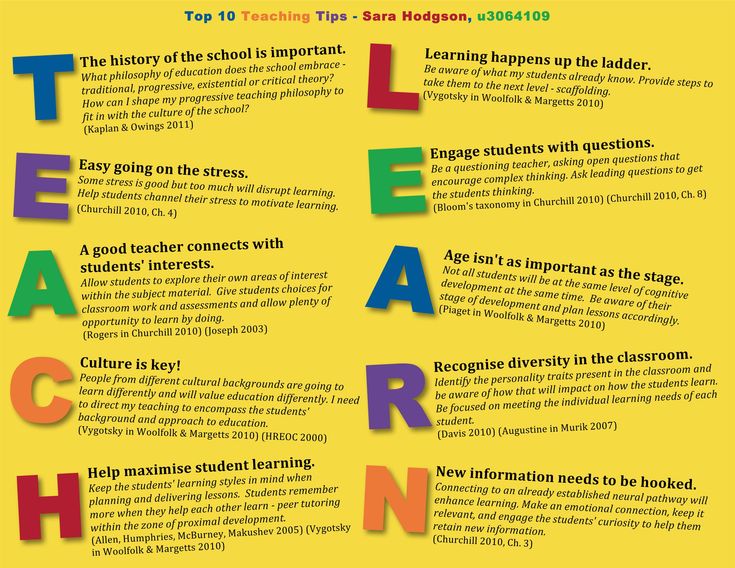 But some of you may know them. If you don't know this, don't worry about it. It just goes to show that there is a theoretical construct behind it all.
But some of you may know them. If you don't know this, don't worry about it. It just goes to show that there is a theoretical construct behind it all.
First question : Can I be at peace with myself? Can I sit quietly and experience peace? Just breathe. Do nothing but breathe deeply and let everything be: let yourself be, let others be, the world. JUST BE. Letting everything be.
I am here, I am breathing, I am in my body, I am with my senses, and the longer I sit, the more I can feel peace arise. I become very serene and feel a deep calmness. Maybe I should digress a little, because this is so unusual. But this is the chance we have now because we have more time for it. I may not be able to do this at home because the children are so noisy and surround me. Then I'll do it before I go to bed or in the morning. Either I will go to another room, or maybe I will leave the house - to a place where I can stand. I don't even have to sit.
And try to consciously do nothing. JUST LET'S BE. Giving is an activity. Then if I can't do it... it's of course because we might have specific problems that we don't usually have because we're busy doing so many different things. But now, without these distractions, we can see that there is something in me that is not quite calm - that needs more care. Therefore, the current time, the time of crisis, also brings us problems that we usually do not have, but which are subconsciously present.
JUST LET'S BE. Giving is an activity. Then if I can't do it... it's of course because we might have specific problems that we don't usually have because we're busy doing so many different things. But now, without these distractions, we can see that there is something in me that is not quite calm - that needs more care. Therefore, the current time, the time of crisis, also brings us problems that we usually do not have, but which are subconsciously present.
Second question : Do I like myself? What is my relationship with myself? Do I feel they are good to live with me? Am I the one I would marry because I am so loved, dear and kind to myself? Am I good to myself? If not, why not? Maybe because I didn't experience it enough from others? Now is the time to try to start doing it for yourself.
Do I like my life? Do I love to live?
What do I dislike about myself? What makes my relationship with myself difficult and why?
We can re-experience that at such times problems and unprocessed experiences can manifest themselves, because now we are dealing more with the inner world than usual.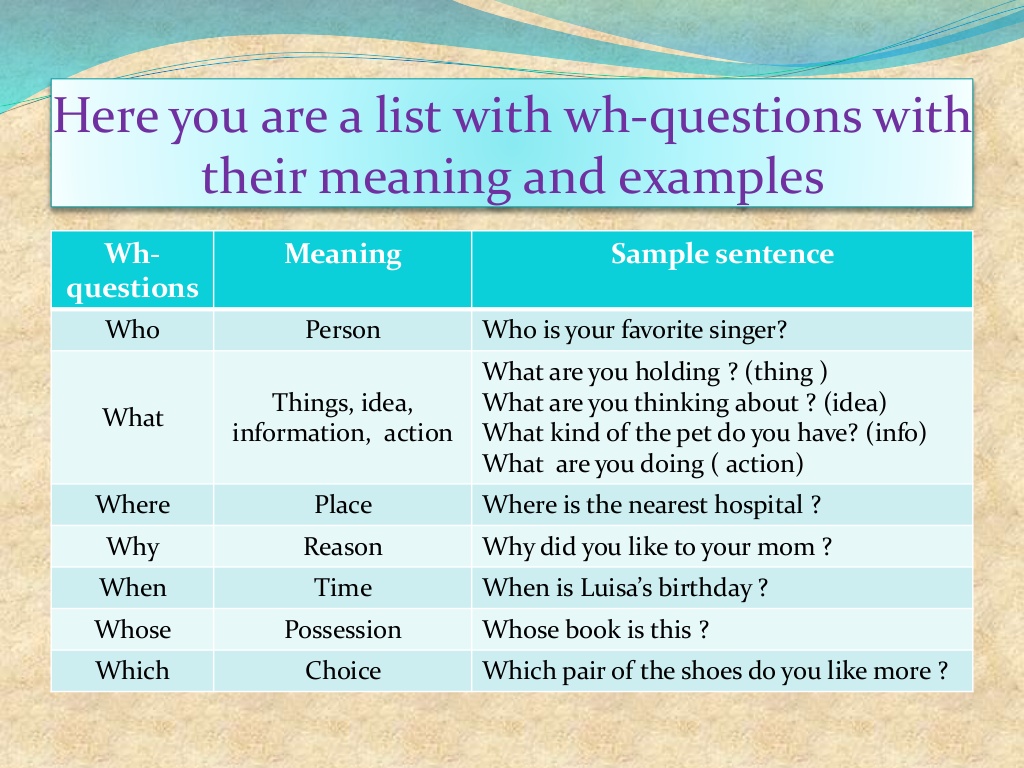
Therefore, times of crisis can awaken problems that we normally do not feel. But this is a chance to face them and talk to other people: family, friends, or maybe a psychologist. Online psychotherapy is available in all countries.
Third question : Why do I appreciate myself? What gives me value as a Person? Am I in good resonance with myself? Do I have the feeling that I am at peace with myself? Or, deep down, do I feel guilty, indebted to myself or to other people who didn't allow me to be in good resonance with myself? Perhaps I need to forgive someone so that I can restore peace in my soul or repent for what I did? And apologize? So that I am in good resonance with myself. So that I can appreciate myself. In times of crisis – what is not integrated? What is unacceptable? What is wrong with myself, that I cannot appreciate and respect myself? These things become more "virulent" in times of the virus. But again I remind you that this is a chance to deal with them finally - to discuss it, to talk with others; it's a chance to advance them, push them to evolve so that something develops with them.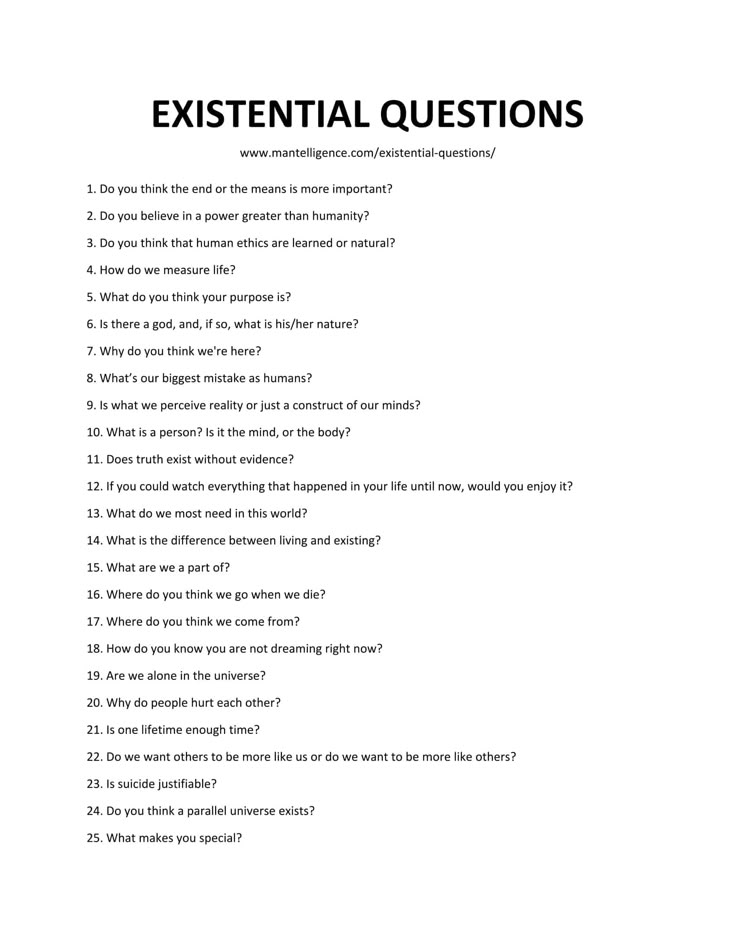
And the fourth dimension – what did I live for today? What is the good thing for which I have lived this morning, this afternoon, this afternoon, this evening? This hour - what is it good for? (To enter into dealing with semantic issues in a particular situation).
I may have doubts about the great meaning, but I can always find the meaning in a particular situation. You can ALWAYS find it. Maybe I don't see it, but in principle you can find meaning in a particular situation.
What was the meaning of yesterday? What did I live for yesterday and what do I want to live for tomorrow? Do I want to live the way I live? This situation is now really asking for my lifestyle, my lifestyle.
Can I live? Can I continue to live the way I live? Is what I lived for yesterday still valuable today? Still in good resonance with me?
These are some questions that are not heard in business life, but they are present. And in times of crisis, they can become problematic.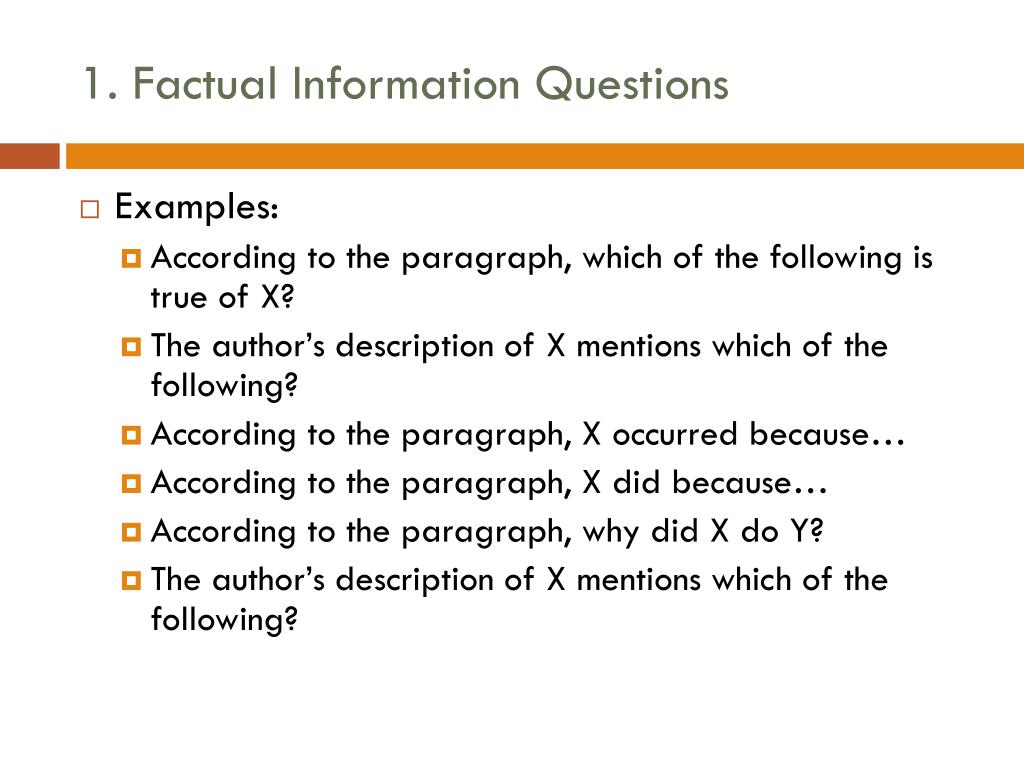 All of these four dimensions can now become problematic and we can prevent these problems by confronting ourselves on such matters. And when we find something that doesn't resonate well with itself, we can discuss it in dialogue. Talking to other people who listen to us, show empathy and are serious towards us is a very good help. And now is just the time when most people have time for this, for such a long dialogue.
All of these four dimensions can now become problematic and we can prevent these problems by confronting ourselves on such matters. And when we find something that doesn't resonate well with itself, we can discuss it in dialogue. Talking to other people who listen to us, show empathy and are serious towards us is a very good help. And now is just the time when most people have time for this, for such a long dialogue.
This is the greatest advantage of the present moment. Many people call back, talk to each other. I also experience it, and I also have more time for people. So use it! This is the capital that we now have. Perhaps this is not material capital, which occupies a prominent place - it is spiritual capital, the capital of relationships: both with other people and with oneself. I wish you well in dealing with this time, which in some ways is challenging and in some ways such a great invitation to get closer to life as it is. Take care of yourself and get on with it!
What are these existential questions?
Everyone has experienced anxiety at least once in their life.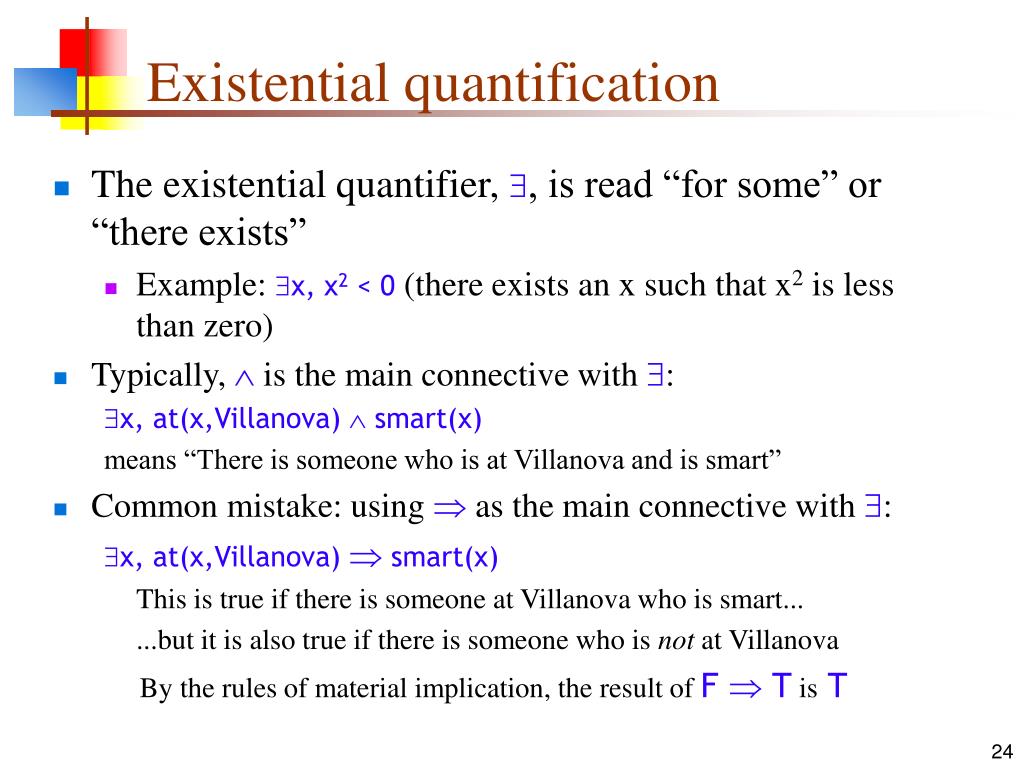 Absolutely everyone is tormented by eternal existential questions. What it is? Fear of eternity, caused by sad thoughts about the perishability of being, fear of premature death... Everyone is subject to these sufferings: someone more, and someone less. The lion's share of such experiences, according to experts (psychologists and psychotherapists), goes to people who are used to giving in to life's difficulties, who have not been taught to defend their rights and express emotions. This category includes orphans or those who were left without parents early.
Absolutely everyone is tormented by eternal existential questions. What it is? Fear of eternity, caused by sad thoughts about the perishability of being, fear of premature death... Everyone is subject to these sufferings: someone more, and someone less. The lion's share of such experiences, according to experts (psychologists and psychotherapists), goes to people who are used to giving in to life's difficulties, who have not been taught to defend their rights and express emotions. This category includes orphans or those who were left without parents early.
The essence of existentialism
Someone acquires the meaning of being by believing in the existence of God. Someone finds another means to get beyond the limiting thoughts and factors. One way to alleviate human suffering is psychotherapy.
Existential questions, according to practitioners from the field of psychotherapy, exist in order to, being alone with his problem, a person thinks: “How can I help myself?”. So that, trying to find answers, the individual seeks means and finds ways to fill his life with meaning: engage in creativity, take care of others, devote himself to the struggle for what he considers important, learn to love and be loved.
So that, trying to find answers, the individual seeks means and finds ways to fill his life with meaning: engage in creativity, take care of others, devote himself to the struggle for what he considers important, learn to love and be loved.
The task of psychotherapy is not to be content with quoting the ideas and principles of the great earthlings. The purpose of this discipline is to help a person master the basic rules of communication and building relationships with other members of society.
Epicurus of Samos
Self-improvement through the search for answers to existential questions is a topic that concerns not only modern specialists. The ancient Greek philosopher Epicurus, for example, considered the fear of losing life to be the main human fear. It was to this topic that he devoted most of his work, pursuing a noble goal: to help mere mortals survive their main fear.
Epicurus of Samos saw his task as helping his neighbors who are striving to achieve the highest life goal - to be happy. Considering the main condition for finding happiness to receive pleasure, the great philosopher of antiquity put into this concept a completely non-traditional meaning for a modern person. Pleasure in the understanding of Epicurus lies in the absence of bodily and mental suffering, that is, it has nothing to do with debauchery, gluttony and the satisfaction of ambitions.
Considering the main condition for finding happiness to receive pleasure, the great philosopher of antiquity put into this concept a completely non-traditional meaning for a modern person. Pleasure in the understanding of Epicurus lies in the absence of bodily and mental suffering, that is, it has nothing to do with debauchery, gluttony and the satisfaction of ambitions.
The task of an existential psychologist
An ordinary person is unlikely to begin to think about what the existential questions of human existence are. However, having felt that his life, figuratively speaking, “flowed along a distorted channel”, “stands still” or “rushes past”, sets them to himself. Frightened by the absence of any events, the individual, linking this emptiness with the presence of bad habits or with the underdevelopment of some of his personal qualities, addresses the appropriate question to an existential psychologist. In his eyes, a specialist psychologist is a person who can change his life, help him discover a new, interesting side of life.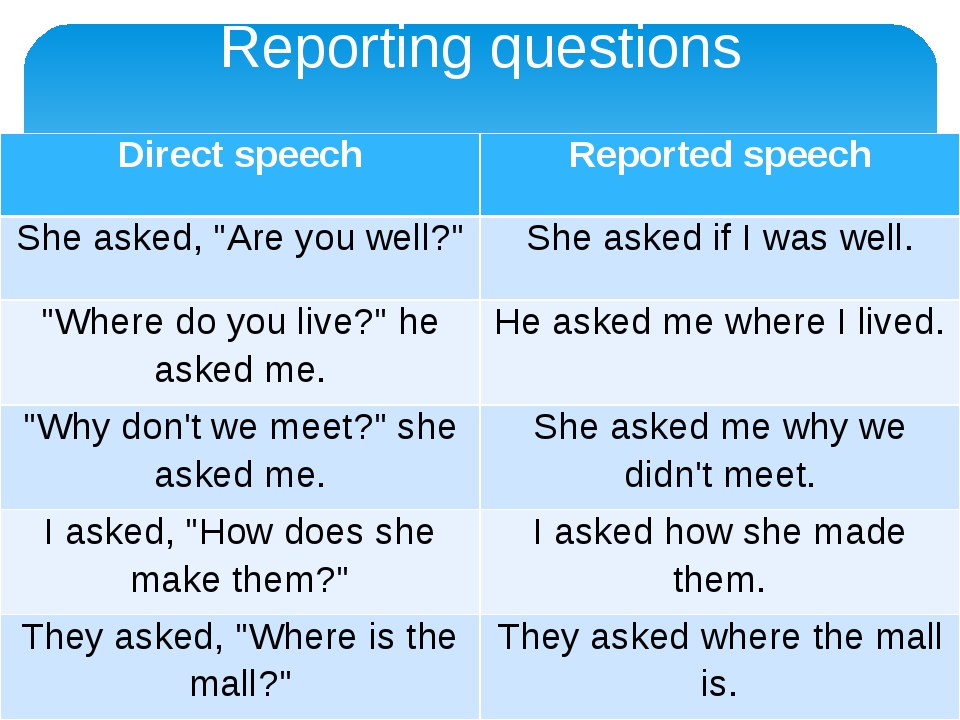
Understanding that the events that fill life are just a reflection of one's own way of being and have nothing to do with personal qualities does not come immediately. Thus, existential questions have to do with the life of the individual, and not with his personal qualities. An existential psychologist does not search for the only and real "I" of the client, but invites the latter to pay attention to the current life situation and do everything possible so that the way out of the confusing situation is found with the least losses.
Difficulties in life are natural
Difficulties in life are a natural phenomenon, and a person who is unable to discern new opportunities behind the troubles that life throws at him, “marks time”, not knowing in which direction to move. A sense of personal competence and a sense of freedom of choice comes with the realization that each person is the builder of his own life. The task of a psychologist is to consider the existential questions of a person experiencing another life tragedy, to help her come closer to the realization that current events are a consequence of actions taken in the past.
According to Professor, MD and practicing existential psychotherapist Emmy Van Dorzen, each person must decide for himself whether and how much he needs to change in order to feel happy and free. The woman scientist admits that some people who have felt the importance of their own lives may have a desire to refuse change, and they will do the right thing, because it is their choice.
Group psychotherapist Irvin David Yalom, like his colleagues, expressed the belief that the life situations in which the individual is involved most often reflect his personal difficulties. It is impossible to get answers to existential questions, as well as to the key questions concerning birth and death, free choice and necessity, loneliness and dependence, meaning and emptiness. But due to the fact that a person will not be able to feel the fullness of life until he independently comes to the only correct conclusion, existential psychologists pay special attention to the study of universal human issues.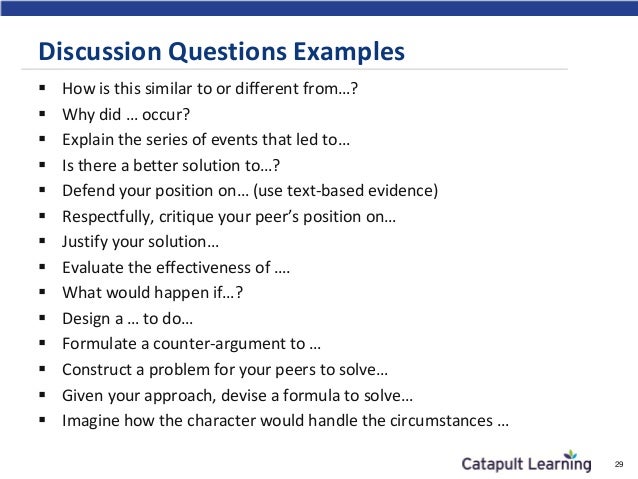
How to get rid of the sense of meaninglessness?
Existential themes have troubled humanity at all times. The most common of them sounds something like this: “How to get rid of the sense of the meaninglessness of earthly existence?”. A visit to the psychotherapist's office is, firstly, an analysis of past life experience, secondly, a discussion of the current state of affairs, and, thirdly, discussions about the desired and possible future.
Awareness of the usefulness of experience gained in the past enhances the feeling of fullness of being, discussion of the current situation allows you to look at your own life as something valuable, and identifying the consequences and searching for new opportunities increases the feeling of freedom of choice.
The mission of a specialist
Existential questions are a chance, using which a person understands what he is trying to do in his life, what he limits himself to and how he overcomes discomfort.